Indeed, the sport has come a long way. From a handful that played in the 90’s, there are now over 20,000 registered players in the country
I may break my arm, my leg, my neck, but I will not let that freaking guy go.
— Francois Pienaar, Springboks captain (Invictus)
It was at a dinner organised during the Rugby World Cup in 1999 in Wales that legendary All Blacks captain Sean Fitzpatrick was asked how it felt to see Nelson Mandela in Springboks uniform before the start of the famous 1995 final in Johannesburg.
Recalling the incident, Western India Rugby Football Union (WIRFU) president Aga Hussain says, “I was there at the dinner and Fitzpatrick said, ‘There is little that anyone can do when the president of the rival country comes in wearing team uniform. The South Africans were so inspired that they gave us no chance.’’’
The scene and the way Mandela used rugby as a tool for integration of a nation, which was hurtfully divided along racial lines following the Apartheid, was magnificently captured by Clint Eastwood in Invictus.
Aga says he loved the movie. “Imagine a president like Nelson Mandela promoting rugby and what it did to the sport in the country.”
Difficult to say if he secretly wishes some leader in India would wear the Indian rugby team’s jersey. What he surely hopes is for rugby to get due recognition and support.
“We need a turf. It is difficult for the sport to grow without a decent turf to practise on,” he says along the sidelines of a match between Army Green and Pune at BPT ground in Mumbai, the first tie of the All India & South Asia Rugby Tournament.
The approach to the venue is through a rain-ravaged, sludgy road along the industrial belt between Sewri and Reay Road. The ground condition is not any better than the roads that lead to it. Teams protest fearing injuries and the match has a delayed start, after the rough patches are levelled with more mud.
The later stages of the tournament will be played at Bombay Gymkhana.
It is a far cry from the ongoing rugby World Cup in Auckland. The beautiful and calm city in New Zealand is now a home to thousands of boisterous fans for seven weeks and the hosts have pulled out all stops to make it a memorable event.
In Mumbai, there is a small crowd of enthusiasts, who have come to watch. Even a few children from the nearby slums arrive for the “football match”. One of them, Ashfaque, has brought a muddied football and shows off his dribbling and juggling skills as the kids play till organisers shoo them out of the playing area.
As the first match is about to start, Aga says he was a boxer in Wilson College in the early ‘70’s. An Irish professor there wanted to start a rugby team and he first approached students involved in contact sports. Aga says he played rugby for the first time and “stopped playing all other sports”.
His son Nasser is now captain of the Indian rugby team and he is leading Bombay Gymkhana in the tournament. Talk to Nasser about the ongoing World Cup and about the event in Mumbai, he laughs. “You really cannot compare. That’s a big event. But for us, this is the world cup. We prepare for it and we play our hearts out for this historic tournament.”
Thirty-one year-old Nasser made his debut for India in 1998 and he has also played for Tynedale RFC & Northumbria University in Newcastle upon Tyne.
Nasser informs that India is ranked 75 in the world and his aim is to break into top 40 in next few years. “I really don’t want to say unrealistic things like we will soon play in World Cup. Right now, the aim is to get into top five in Asia. That would mean we will break into top 40 in the world and that is a more realistic ambition.”
“We have become a regular on the Asian scene and Indian rugby has come a long way.
“When we started playing international rugby in the 1990’s, we used to lose by huge margin, but last year we beat China by a huge margin.”
Indeed, the sport has come a long way. From a handful that played in the 90’s, there are now over 20,000 registered players in the country. “Women and children included,” says Nasser.
Women?
“Yes, women, and they are doing very well,” informs Nasser.
“We were surprised, but they are doing really well. They are getting players from states such as Kerala, Bihar and Chattisgarh. This has been a pleasant surprise,” adds Nasser.
But the problem with rugby, he says, is not enthusiasm, which they find in plenty, but lack of funds and infrastructure. “It was calculated that even if we get half the salary of an IPL player, we can run rugby for a year.”
Aga says that leading up to Commonwealth Games last year, rugby got a lot of support from the government. The sport, seven-a-side rugby, saw some well-known players participate and it proved to be a treat for the Indian players and fans.
“However, the grants stopped after the Games and we are now back to square one. We are making do with whatever grants we get from International Rugby Union (IRU). ”
Nasser says, “When we got the government support for a year and a half, we beat a team in England and in Turkey. It was a big thing.”
Last year saw a big high for Indian rugby, They won International Sevens Tournaments in Turkey and UK. And in the longer version, India thrashed China in a test match at the Asian 5 Nations tournament in Delhi. The success, however, has not really translated into sponsors and funds.
“Sponsors have shown interest,” says Aga, “But what we want is a long-term commitment, say for three to five years. And that we are firm on.”
Maneck Poonawala was an avid rugby player in the 80’s and is now a member of the Indian Rugby Football Union (IRFU). He still appears to be in good enough shape to tackle any of those playing in the ground. He is passionate about the game and his son Kyrus played for India at CWG and also plays for Bombay Gymkhana.
“In our days, rugby was considered an elite sport. Now, people from all strata are taking it up ,” says Poonawala.
He says introducing rugby in Mumbai schools has paid off.
According to rugby officials, about 400-500 suburban schools and 70-80 schools in Thane have taken up the sport and any tournament at school level is said to attract about 1,500 enthusiasts. “So much for being considered an elitist sport, it is children from BMC schools who are doing very well in rugby,” informs Poonawala.
He believes that the sport builds character in youngsters. “It is a contact sport but it is not dangerous. Instead, it teaches youngsters team spirit, camaraderie and is a good outlet for any kind of frustration. And on the rugby field, there is no class distinction.”
Poonawala believes since the army has taken up the sport, it has got a huge impetus. He adds that with rugby being included as a discipline in Rio de Janeiro Olympics in 2016, rugby will get necessary support too.
As of now, rugby here does not match up to Haka in front of thousands. Army Green players just stand by the sideline, touch the ground as a mark of respect and enter it with a sonorous “Bajrang bali ki jai” to the applause of a motley crowd.
However, once the play starts, there is no dearth of spirit and enthusiasm. The knowledgeable crowd eggs the players on and every point is celebrated with gusto. They could as well have been playing in Auckland.
Aga says it has been a tough journey. And he may also feel that it is improbable to expect any inspiring Indian leader to conjecture rugby as a tool for national integration when cricket is supposed to be already doing that. For a long time, actor Rahul Bose played rugby for India passionately and that’s about the highest level of celebrity endorsement that this amazing sport has got here.
Nevertheless, Mumbai is enjoying its rugby. As the mud-stained players return from the field, Ashfaque and his friends enter the ground, start running and pass their football by throwing and catching. They even celebrate a touchdown. They seem to love this new “catch wala football”.
![submenu-img]() Maa Kali teaser: Raima Sen, Abhishek Singh film narrates 'horrifying' Direct Action Day during British Raj Bengal
Maa Kali teaser: Raima Sen, Abhishek Singh film narrates 'horrifying' Direct Action Day during British Raj Bengal ![submenu-img]() Watch: Rohit Sharma, Virat Kohli lift T20 World Cup trophy together during Team India's victory parade in Mumbai
Watch: Rohit Sharma, Virat Kohli lift T20 World Cup trophy together during Team India's victory parade in Mumbai![submenu-img]() Meet Indian genius, who worked on NASA's Rs 73700 crore project, married to a scientist, she is...
Meet Indian genius, who worked on NASA's Rs 73700 crore project, married to a scientist, she is...![submenu-img]() Watch: Fan climbs tree to watch Team India's victory parade up close, video goes viral
Watch: Fan climbs tree to watch Team India's victory parade up close, video goes viral![submenu-img]() Hathras stampede: Congress MP Rahul Gandhi to meet victims of incident tomorrow
Hathras stampede: Congress MP Rahul Gandhi to meet victims of incident tomorrow![submenu-img]() Meet Indian genius, who worked on NASA's Rs 73700 crore project, married to a scientist, she is...
Meet Indian genius, who worked on NASA's Rs 73700 crore project, married to a scientist, she is...![submenu-img]() Meet woman, civil servant for 30 years, now becomes first female chief secretary of...
Meet woman, civil servant for 30 years, now becomes first female chief secretary of...![submenu-img]() Meet Indian genius, a celebrated physicist, who was denied Nobel Prize in 2005, converted to Hinduism because..
Meet Indian genius, a celebrated physicist, who was denied Nobel Prize in 2005, converted to Hinduism because..![submenu-img]() Meet Indian genius who passed classes 8-12 in 9 months, became one of India's youngest engineer at 15, joined IIT for...
Meet Indian genius who passed classes 8-12 in 9 months, became one of India's youngest engineer at 15, joined IIT for...![submenu-img]() Meet Indian genius, who began career as assistant, later led key NASA mission, works as...
Meet Indian genius, who began career as assistant, later led key NASA mission, works as...![submenu-img]() Godman Bhole Baba's Lawyers Deny ��‘Charan Raj’ Claim, Says Anti-Social Elements Behind Stampede
Godman Bhole Baba's Lawyers Deny ��‘Charan Raj’ Claim, Says Anti-Social Elements Behind Stampede![submenu-img]() Meet Rishi Shah, The Indian-American Sentenced To 7.5 Years In Prison For $1 Billion Fraud Scheme
Meet Rishi Shah, The Indian-American Sentenced To 7.5 Years In Prison For $1 Billion Fraud Scheme![submenu-img]() Severe Turbulence On Spanish Flight Injures 30, Video Of Man Thrown Into Overhead Bin Goes Viral
Severe Turbulence On Spanish Flight Injures 30, Video Of Man Thrown Into Overhead Bin Goes Viral![submenu-img]() Haryana: Goods Train To Amritsar Derailed In Karnal, Containers Fall Off, Rail Traffic Disrupted
Haryana: Goods Train To Amritsar Derailed In Karnal, Containers Fall Off, Rail Traffic Disrupted![submenu-img]() 'Played With Religious Sentiments': Chirag Paswan Slams Rahul Gandhi Over His Remarks In Parliament
'Played With Religious Sentiments': Chirag Paswan Slams Rahul Gandhi Over His Remarks In Parliament![submenu-img]() DNA Verified: Did Kangana Ranaut party with gangster Abu Salem? Actress reveals who's with her in viral photo
DNA Verified: Did Kangana Ranaut party with gangster Abu Salem? Actress reveals who's with her in viral photo![submenu-img]() DNA Verified: New Delhi Railway Station to be closed for 4 years? Know the truth here
DNA Verified: New Delhi Railway Station to be closed for 4 years? Know the truth here![submenu-img]() DNA Verified: Did RSS chief Mohan Bhagwat praise Congress during Lok Sabha Elections 2024? Know the truth here
DNA Verified: Did RSS chief Mohan Bhagwat praise Congress during Lok Sabha Elections 2024? Know the truth here![submenu-img]() DNA Verified: Is CAA an anti-Muslim law? Centre terms news report as 'misleading'
DNA Verified: Is CAA an anti-Muslim law? Centre terms news report as 'misleading'![submenu-img]() DNA Verified: Lok Sabha Elections 2024 to be held on April 19? Know truth behind viral message
DNA Verified: Lok Sabha Elections 2024 to be held on April 19? Know truth behind viral message![submenu-img]() 5 warm moments Ranveer Singh shared with fans that show why he is their favourite
5 warm moments Ranveer Singh shared with fans that show why he is their favourite![submenu-img]() In pics: Richa Chadha cheers for Ali Fazal, Isha Talwar, Vijay Varma, Shweta Tripathi pose at Mirzapur 3 screening
In pics: Richa Chadha cheers for Ali Fazal, Isha Talwar, Vijay Varma, Shweta Tripathi pose at Mirzapur 3 screening![submenu-img]() Meet Mickey Dhamejani, Jr Hrithik Roshan from Krrish, former child actor who quit films, is now...
Meet Mickey Dhamejani, Jr Hrithik Roshan from Krrish, former child actor who quit films, is now...![submenu-img]() In pics: India beat South Africa by 7 runs to lift second T20 World Cup title
In pics: India beat South Africa by 7 runs to lift second T20 World Cup title![submenu-img]() Alia Bhatt mesmerises in gown, Ranbir Kapoor looks classy in tuxedo in latest romantic photos, fans say 'couple goals'
Alia Bhatt mesmerises in gown, Ranbir Kapoor looks classy in tuxedo in latest romantic photos, fans say 'couple goals'![submenu-img]() Hathras stampede: Congress MP Rahul Gandhi to meet victims of incident tomorrow
Hathras stampede: Congress MP Rahul Gandhi to meet victims of incident tomorrow![submenu-img]() Hathras stampede: Six sevadars including two women arrested by UP police, key accused still on run
Hathras stampede: Six sevadars including two women arrested by UP police, key accused still on run![submenu-img]() CST Advanced Systems revolutionizes tactical Operations
CST Advanced Systems revolutionizes tactical Operations![submenu-img]() 'We would all be...: ISRO chief issues eerie warning for humans and it's related to..
'We would all be...: ISRO chief issues eerie warning for humans and it's related to..![submenu-img]() This Pakistani leader was LK Advani's good friend, they both used to share letters in...
This Pakistani leader was LK Advani's good friend, they both used to share letters in...![submenu-img]() Lok Sabha Speaker's Election: What does the Constitution say?
Lok Sabha Speaker's Election: What does the Constitution say?![submenu-img]() Explained: Why is Kerala demanding to change its name to Keralam?
Explained: Why is Kerala demanding to change its name to Keralam?![submenu-img]() DNA Explainer: What is Kafala system that is prevalent in gulf countries? Why is it considered extremely brutal?
DNA Explainer: What is Kafala system that is prevalent in gulf countries? Why is it considered extremely brutal? ![submenu-img]() Lok Sabha Elections 2024: What are exit polls? When and how are they conducted?
Lok Sabha Elections 2024: What are exit polls? When and how are they conducted?![submenu-img]() DNA Explainer: Why was Iranian president Ebrahim Raisi seen as possible successor to Ayatollah Khamenei?
DNA Explainer: Why was Iranian president Ebrahim Raisi seen as possible successor to Ayatollah Khamenei?![submenu-img]() Maa Kali teaser: Raima Sen, Abhishek Singh film narrates 'horrifying' Direct Action Day during British Raj Bengal
Maa Kali teaser: Raima Sen, Abhishek Singh film narrates 'horrifying' Direct Action Day during British Raj Bengal ![submenu-img]() Kalki 2898 AD director Nag Ashwin reacts to audience reaction, reveals major details about Part Two: 'We shot about...'
Kalki 2898 AD director Nag Ashwin reacts to audience reaction, reveals major details about Part Two: 'We shot about...'![submenu-img]() This TV star to join Bigg Boss OTT 3 as wild card entry; it's not Shehzada Dhami, Bristi Samaddar, Rakhi Sawant
This TV star to join Bigg Boss OTT 3 as wild card entry; it's not Shehzada Dhami, Bristi Samaddar, Rakhi Sawant![submenu-img]() Auron Mein Kahan Dum Tha getting postponed is 'tough but good decision', exhibitors say 'we all know Munjya, Kalki...'
Auron Mein Kahan Dum Tha getting postponed is 'tough but good decision', exhibitors say 'we all know Munjya, Kalki...'![submenu-img]() Tahira Kashyap says husband Ayushmann Khurrana 'was not happy' with her books: 'He considers it blasphemous' | Exclusive
Tahira Kashyap says husband Ayushmann Khurrana 'was not happy' with her books: 'He considers it blasphemous' | Exclusive![submenu-img]() Mukesh Ambani's bahu Radhika Merchant dazzles in Durga shloka-inscribed lehenga for her 'mameru' ceremony, pics go viral
Mukesh Ambani's bahu Radhika Merchant dazzles in Durga shloka-inscribed lehenga for her 'mameru' ceremony, pics go viral![submenu-img]() Virat Kohli meets brother Vikas, family at Delhi hotel after returning from Barbados, see pics
Virat Kohli meets brother Vikas, family at Delhi hotel after returning from Barbados, see pics![submenu-img]() Viral video: AIIMS doctor grooves to ‘Tip Tip Barsa Paani’, sets internet on fire; watch
Viral video: AIIMS doctor grooves to ‘Tip Tip Barsa Paani’, sets internet on fire; watch![submenu-img]() Inside details of functions organised by Mukesh Ambani, Nita Ambani for Anant Ambani, Radhika Merchant's grand wedding
Inside details of functions organised by Mukesh Ambani, Nita Ambani for Anant Ambani, Radhika Merchant's grand wedding![submenu-img]() Mukesh Ambani, Nita Ambani's daughter Isha Ambani owns diamonds worth crores but her most prized jewellery is..
Mukesh Ambani, Nita Ambani's daughter Isha Ambani owns diamonds worth crores but her most prized jewellery is..
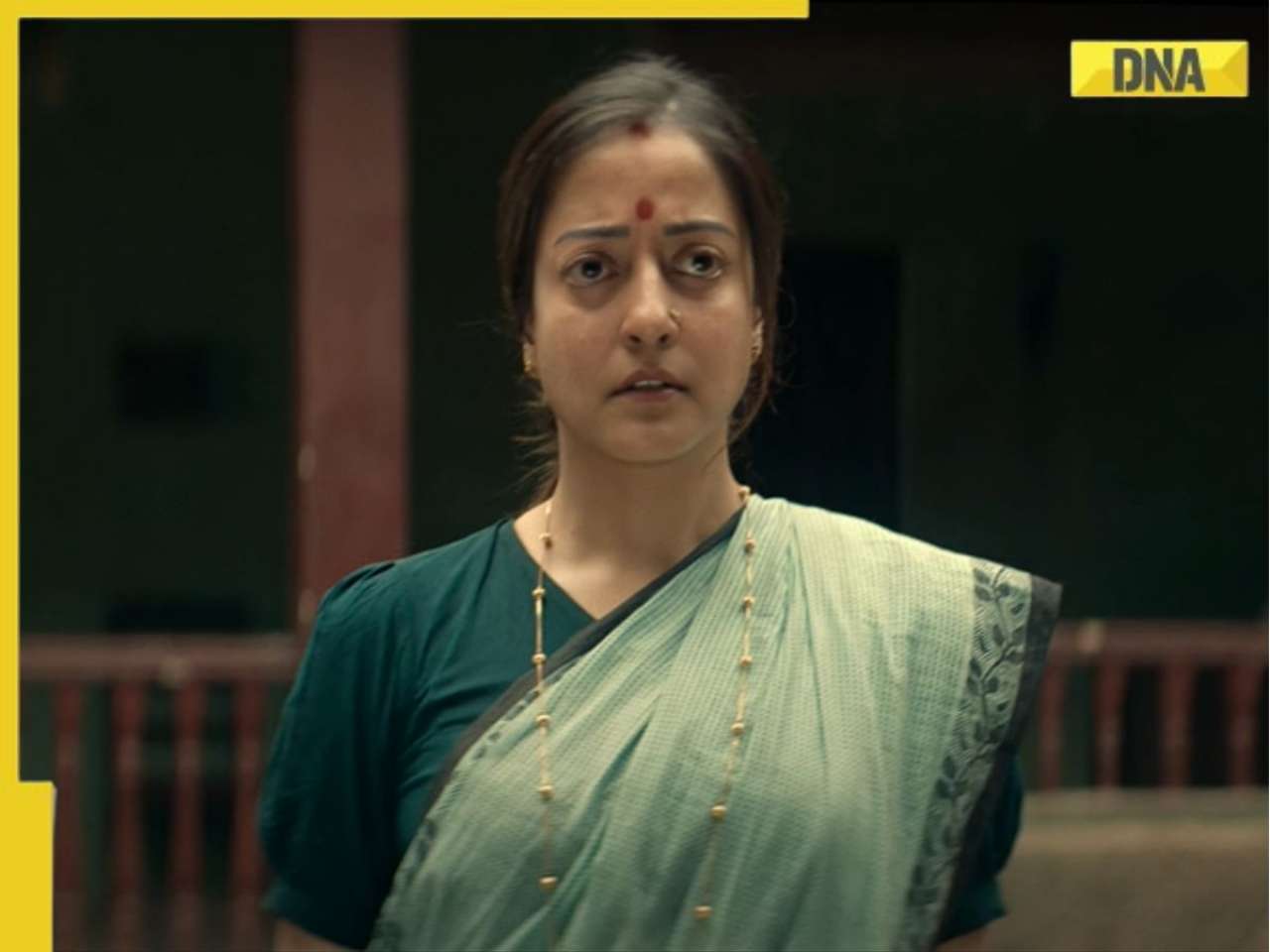
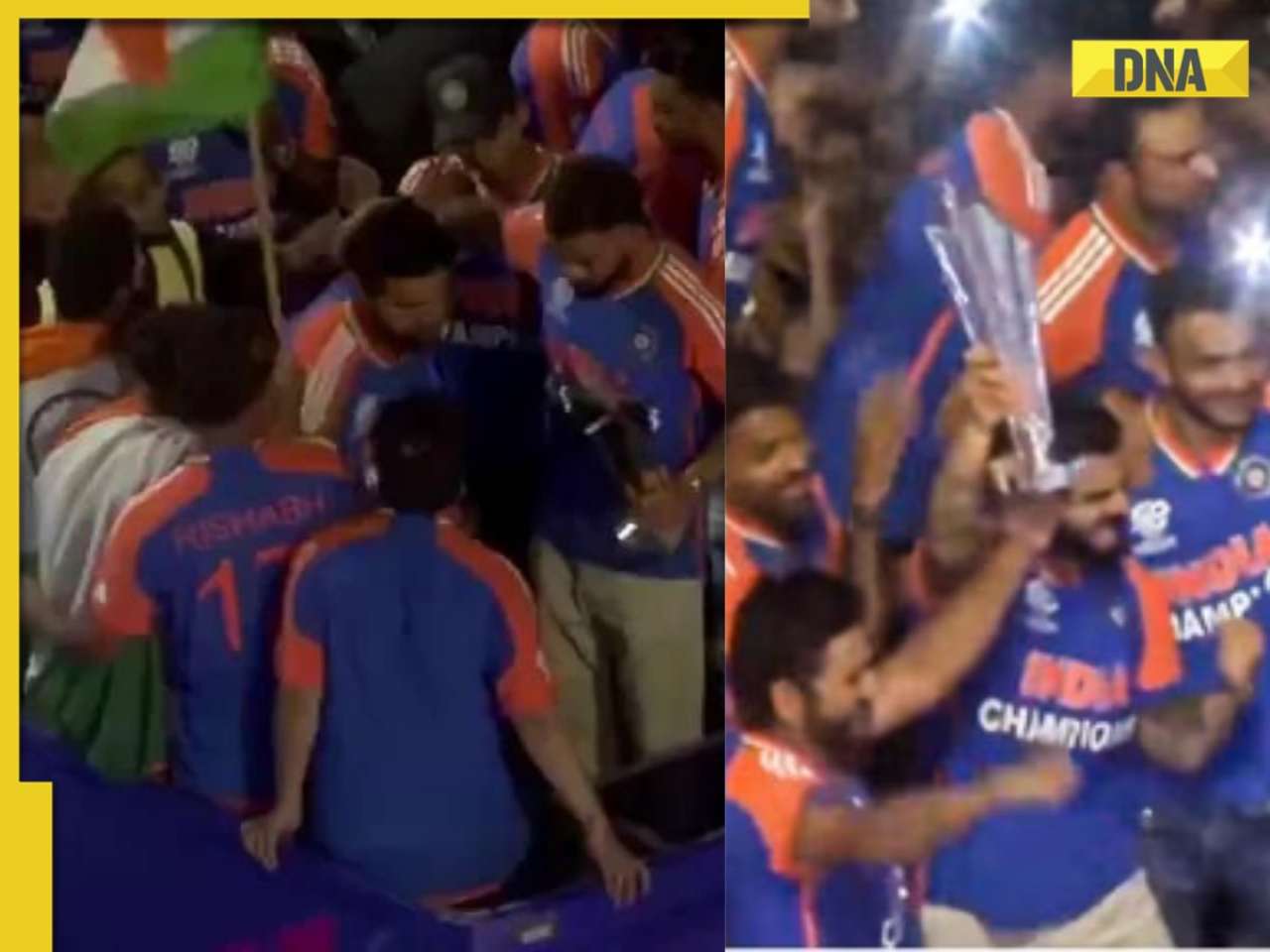
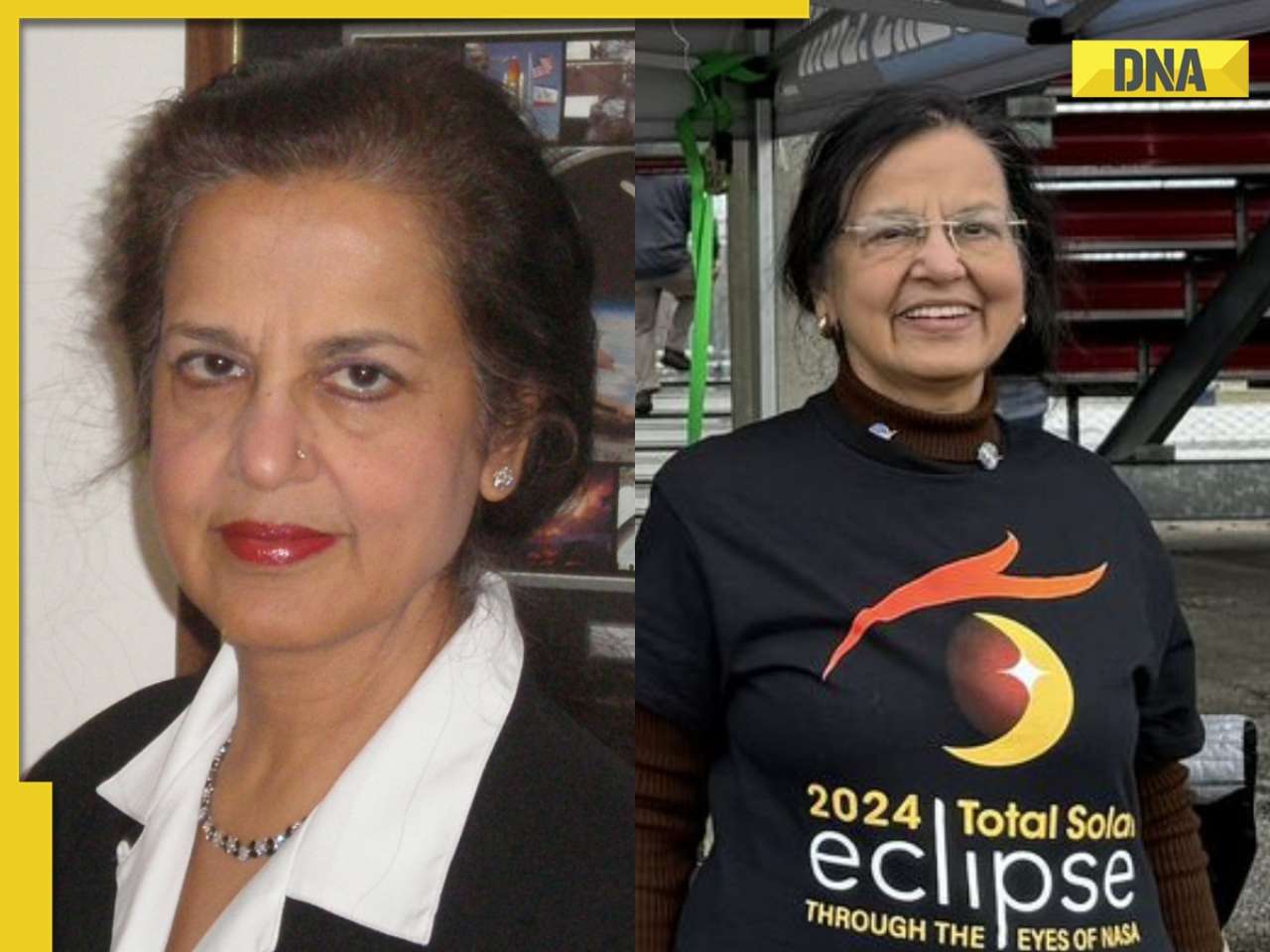
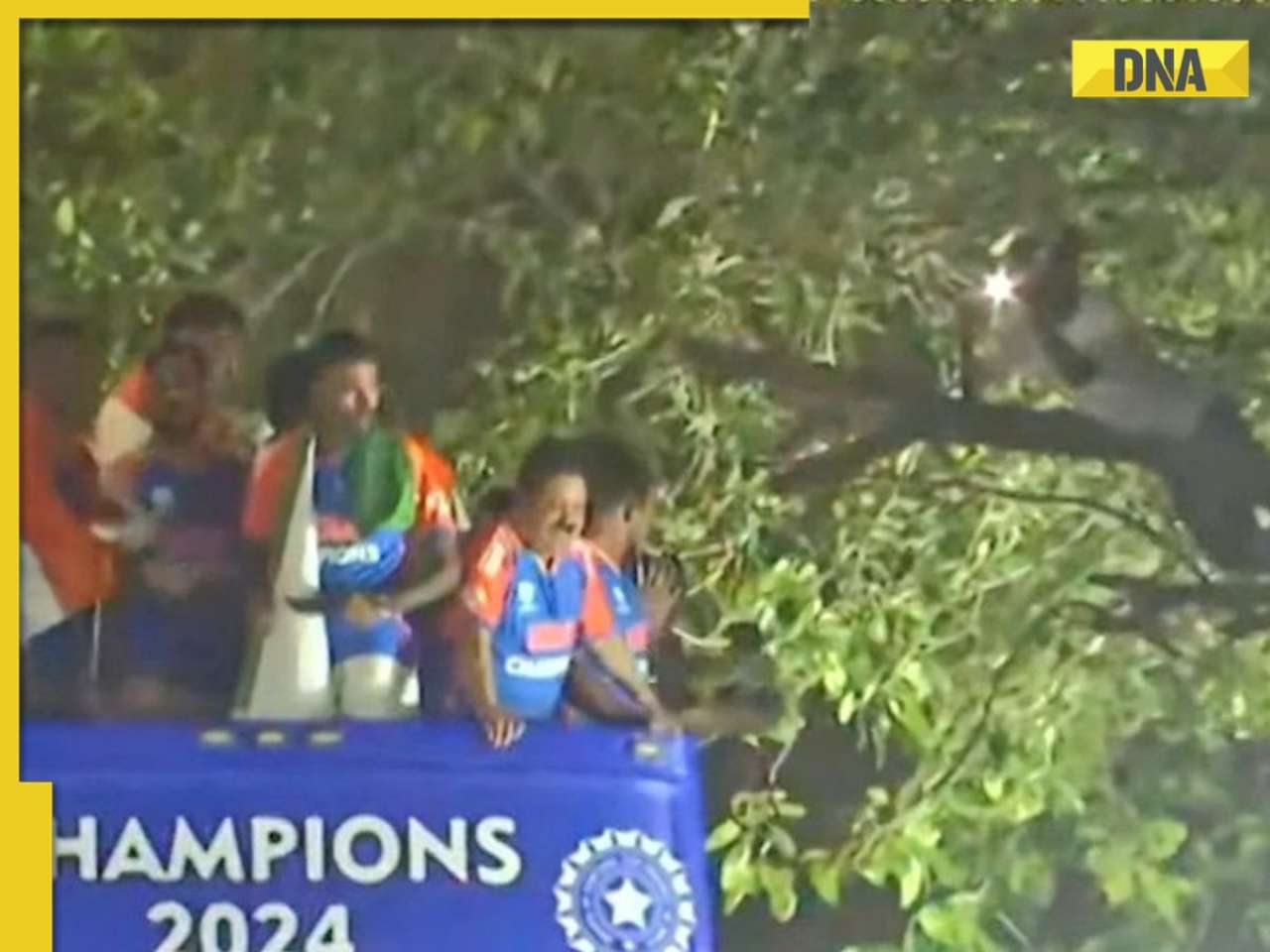
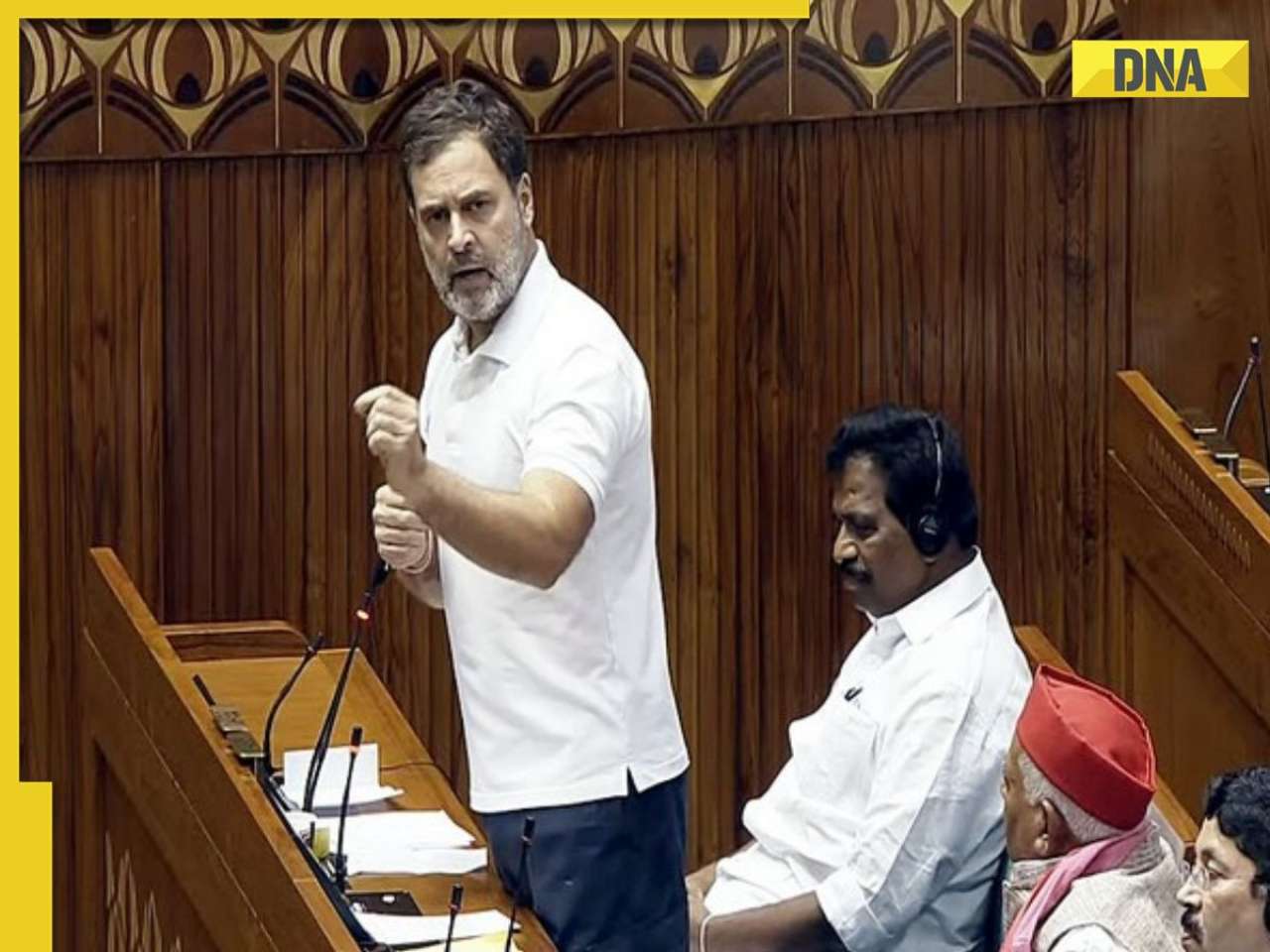



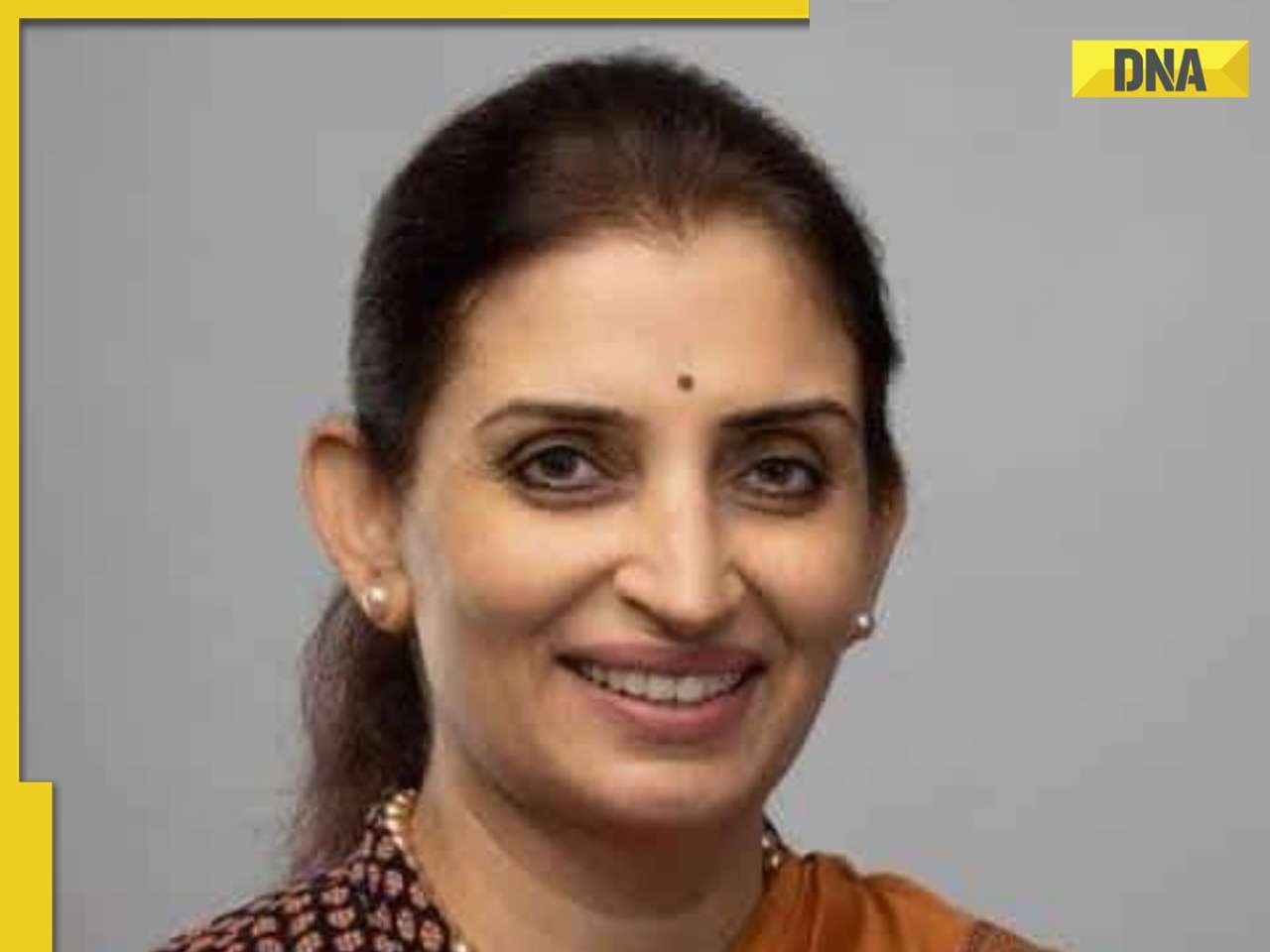
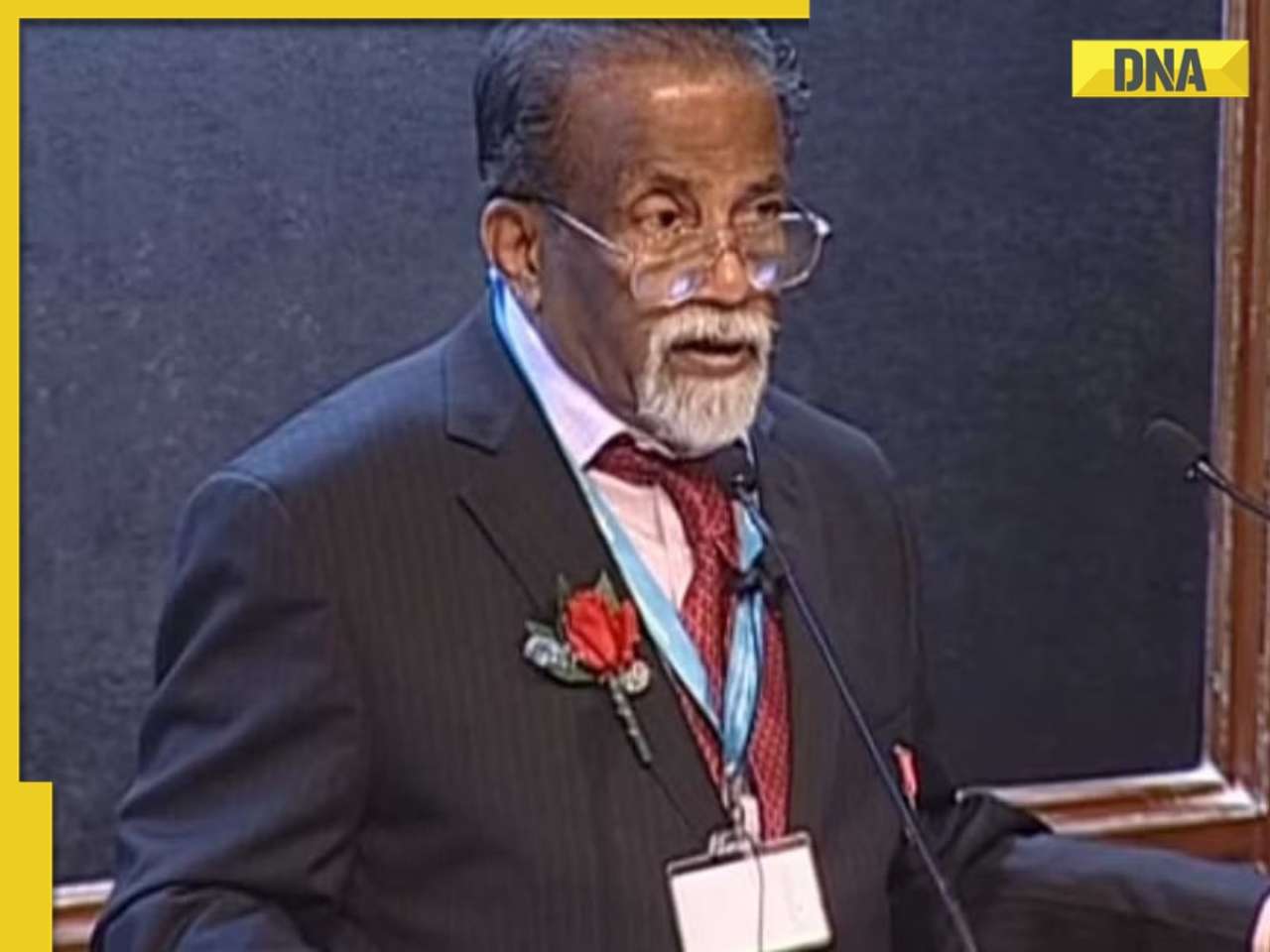
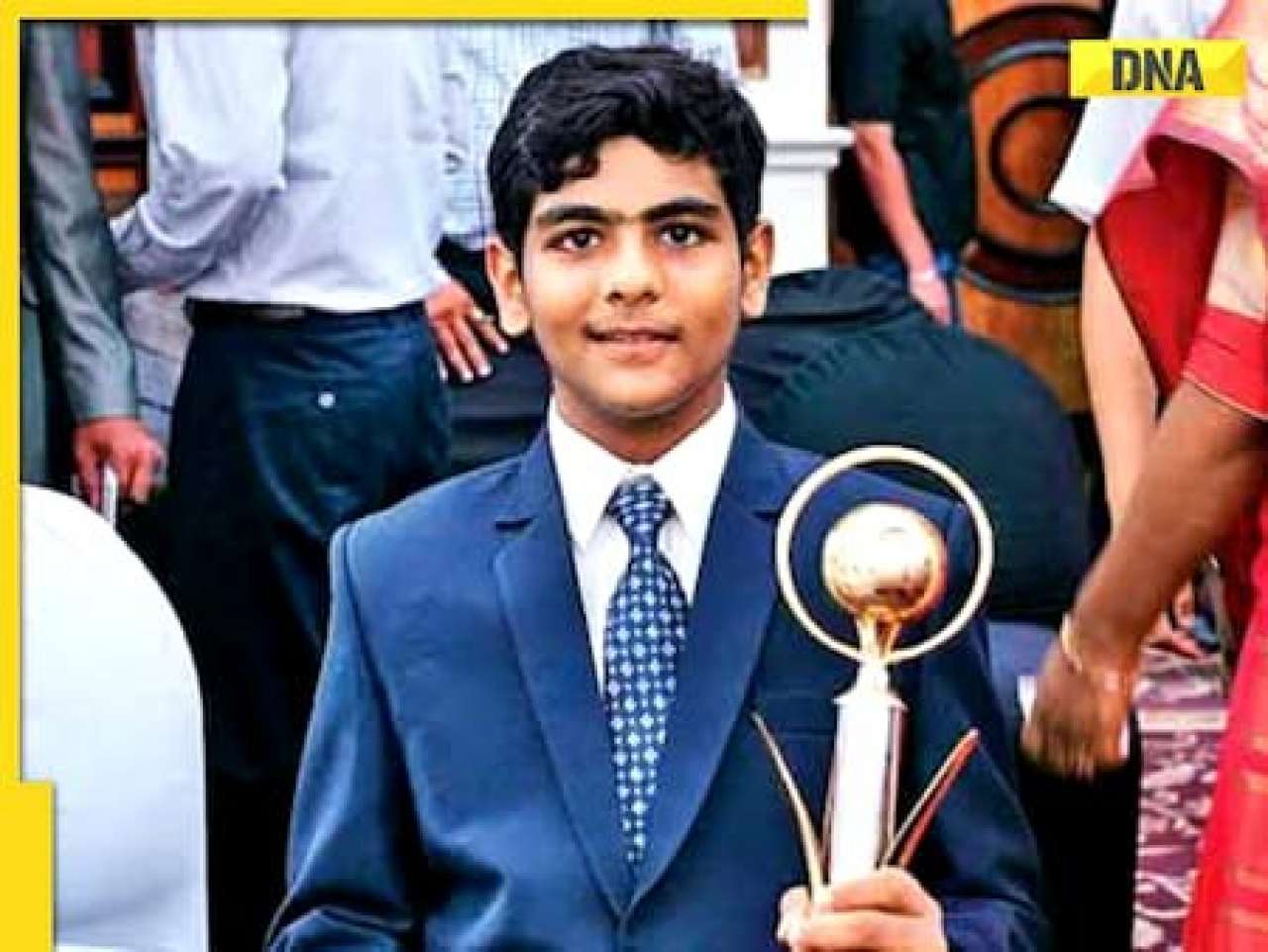
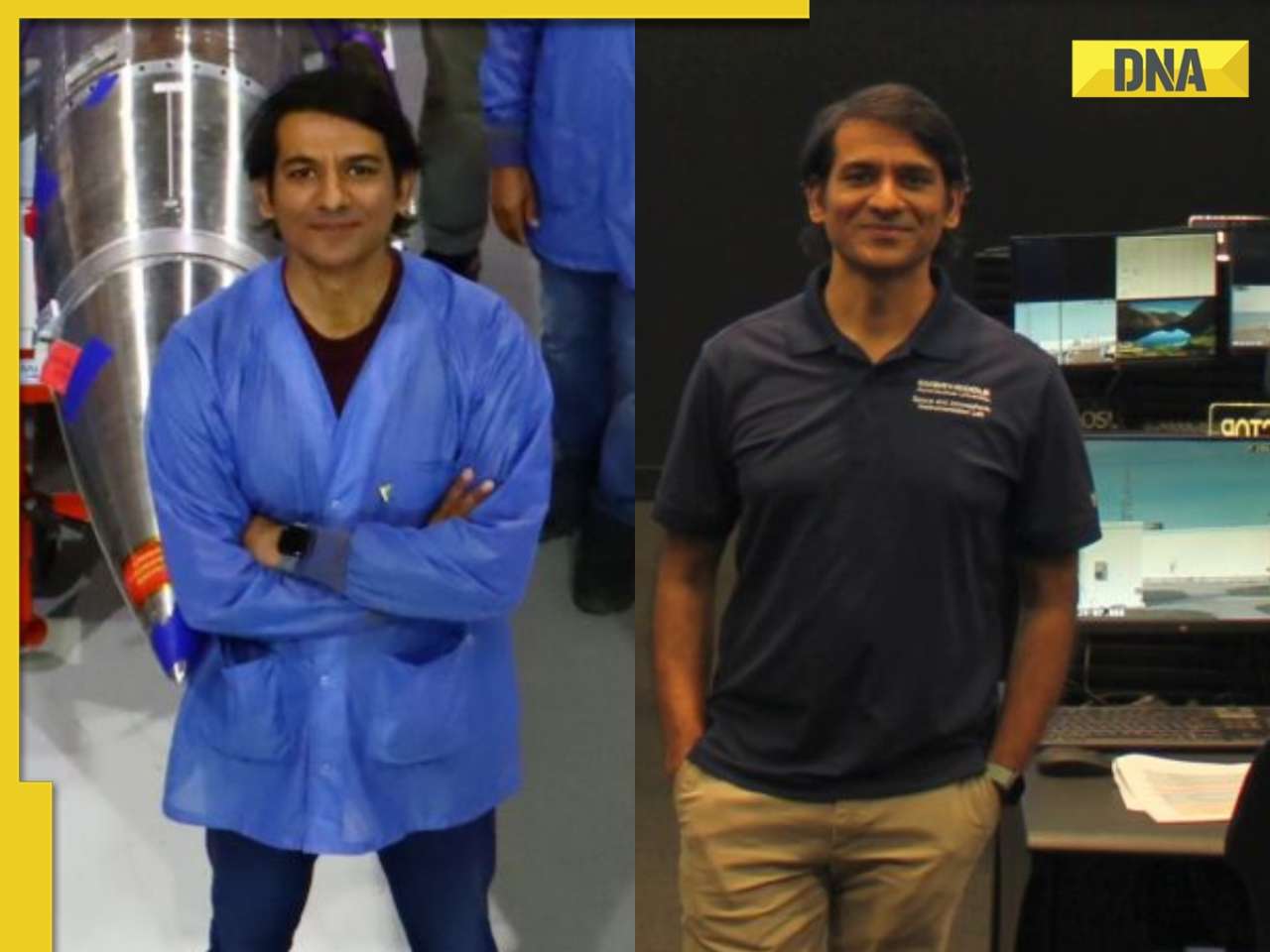












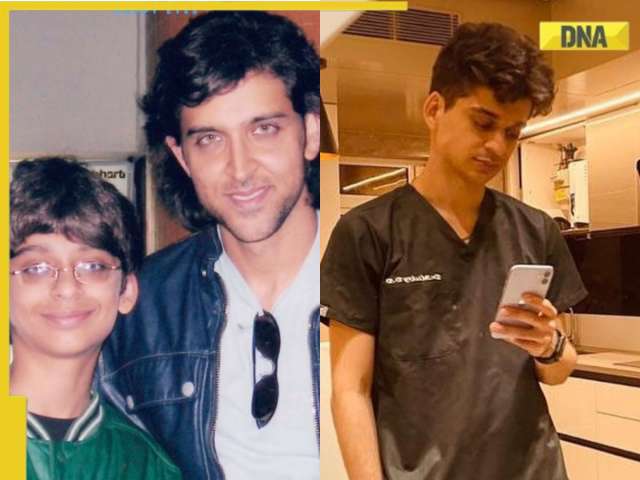
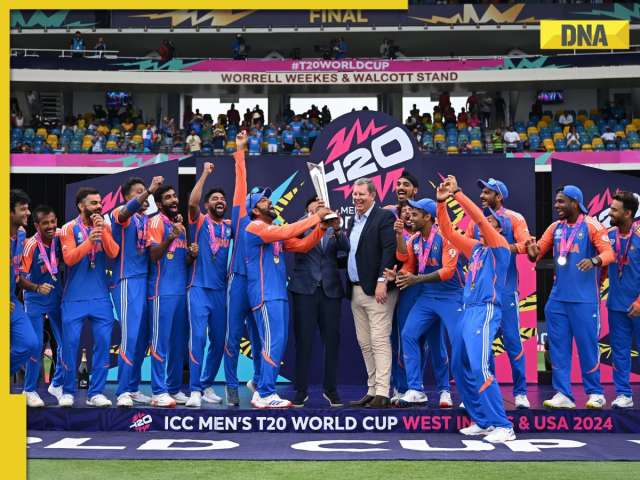
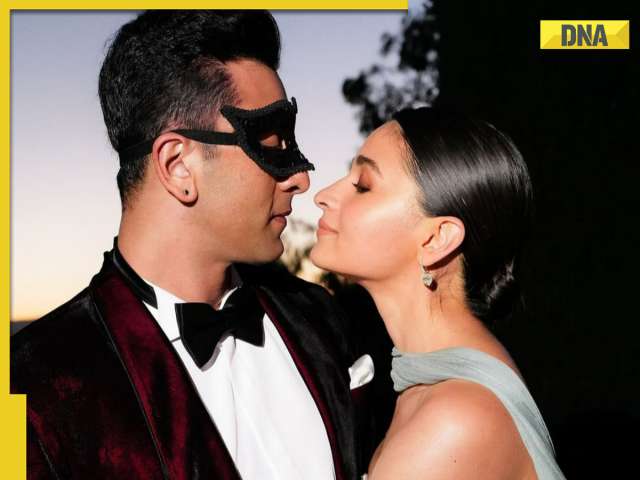
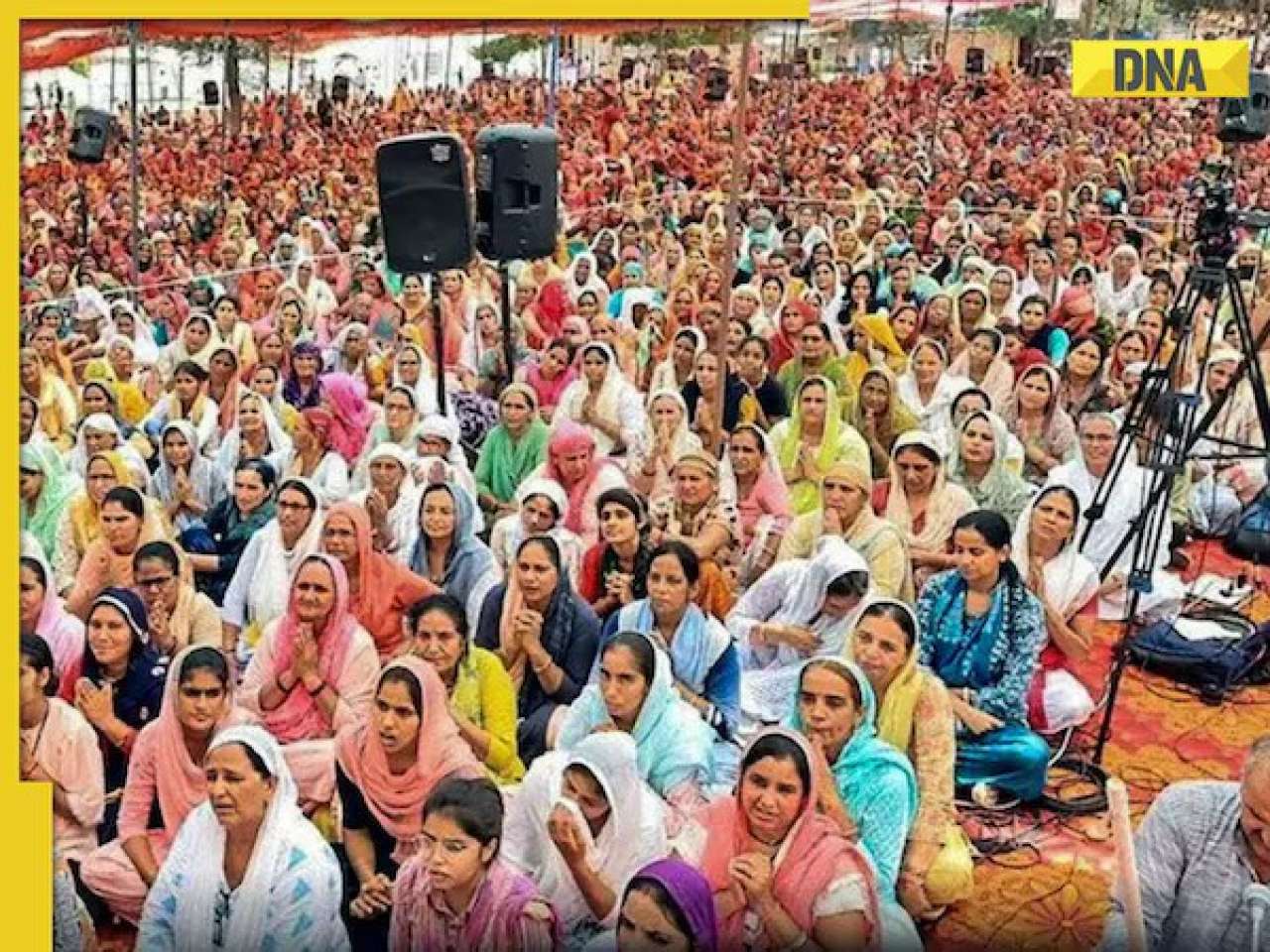
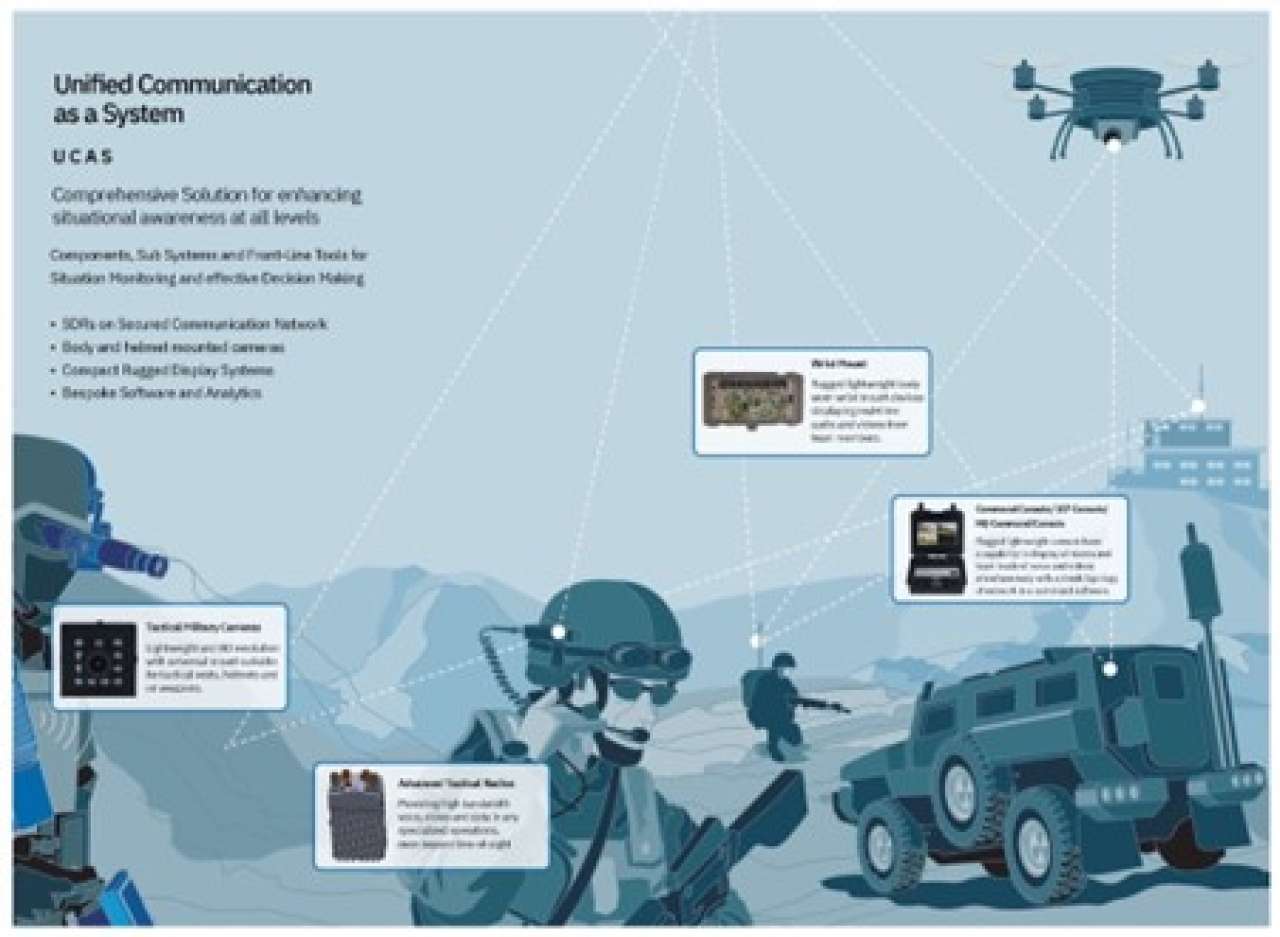

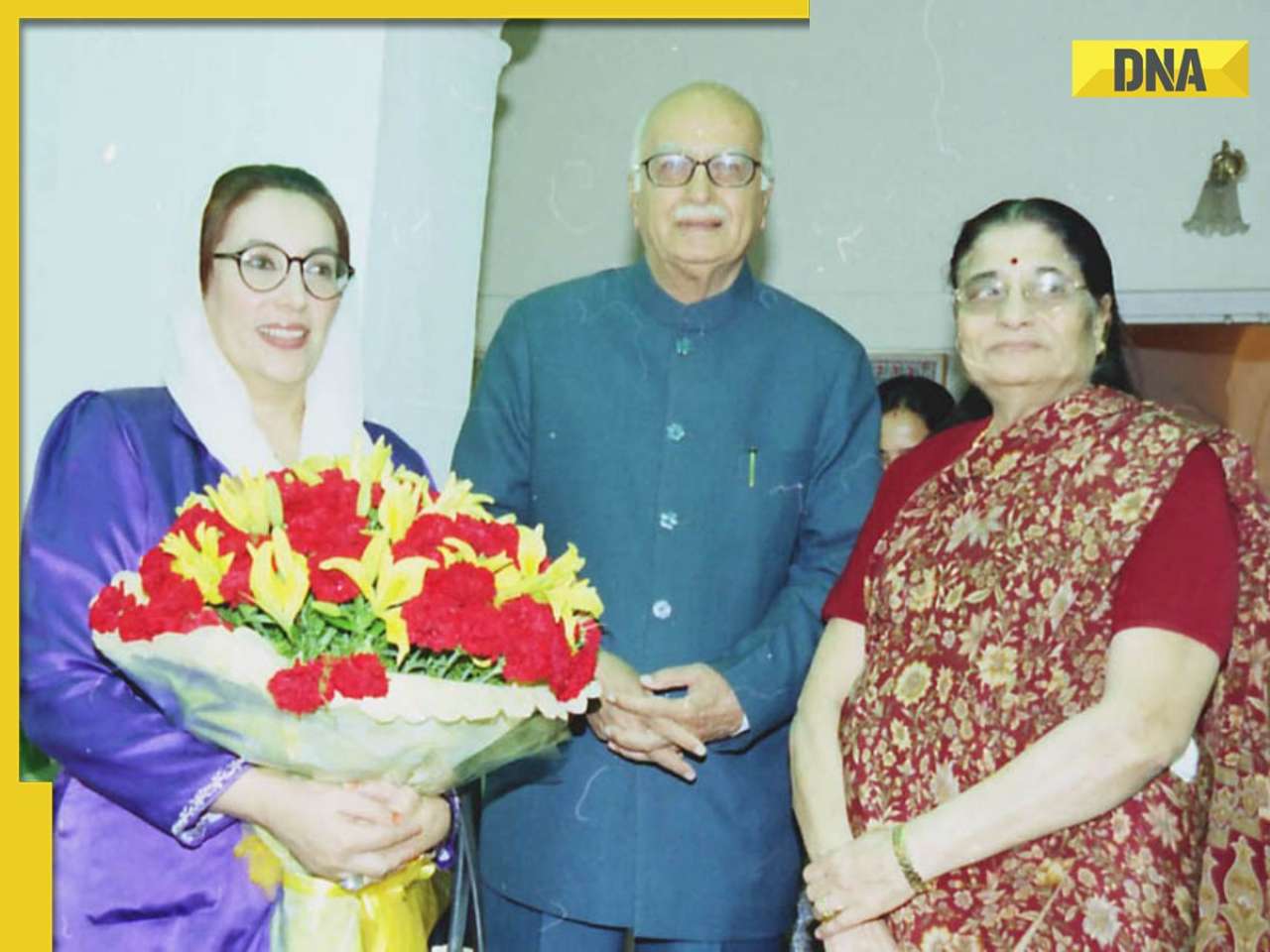
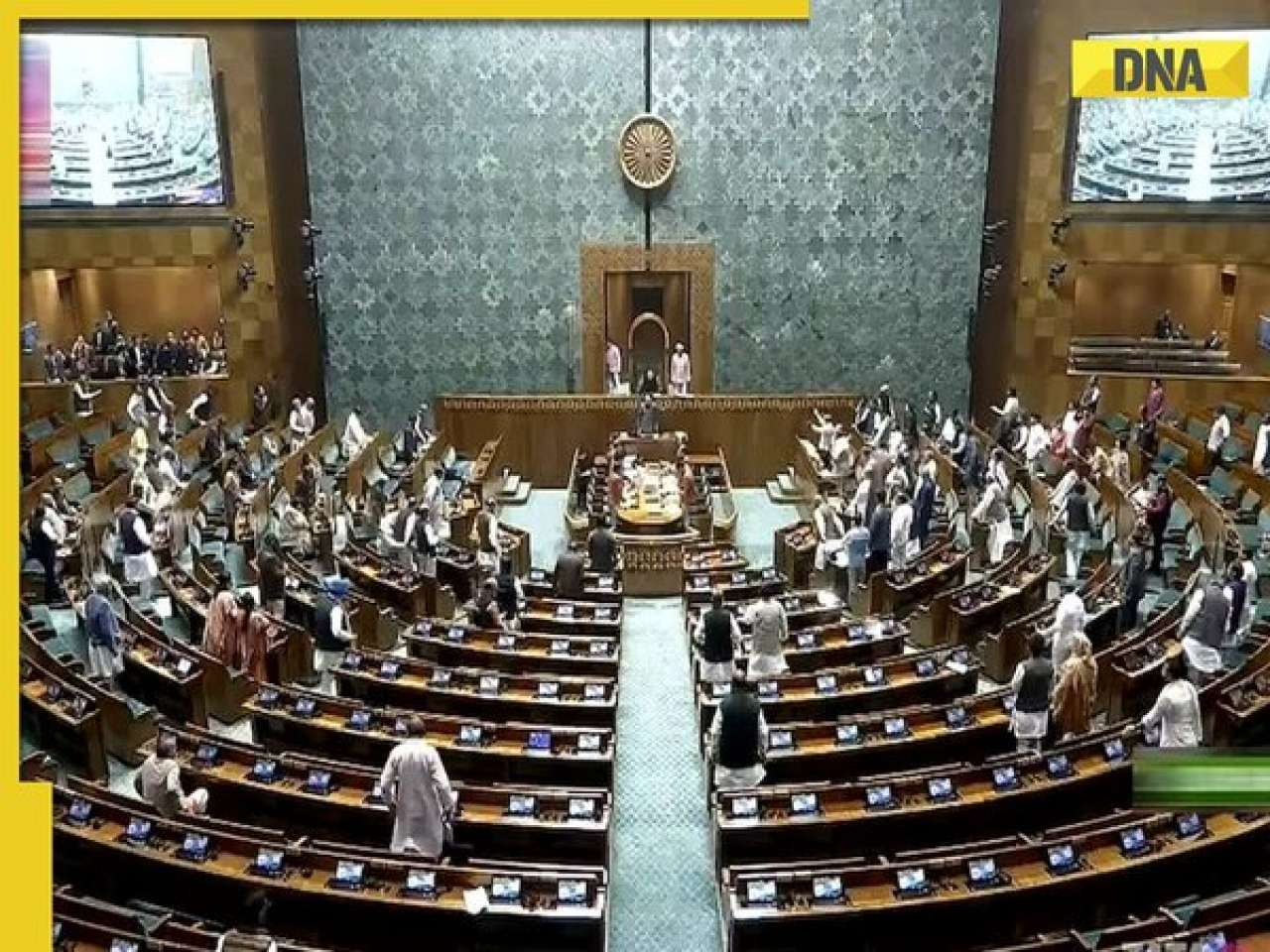
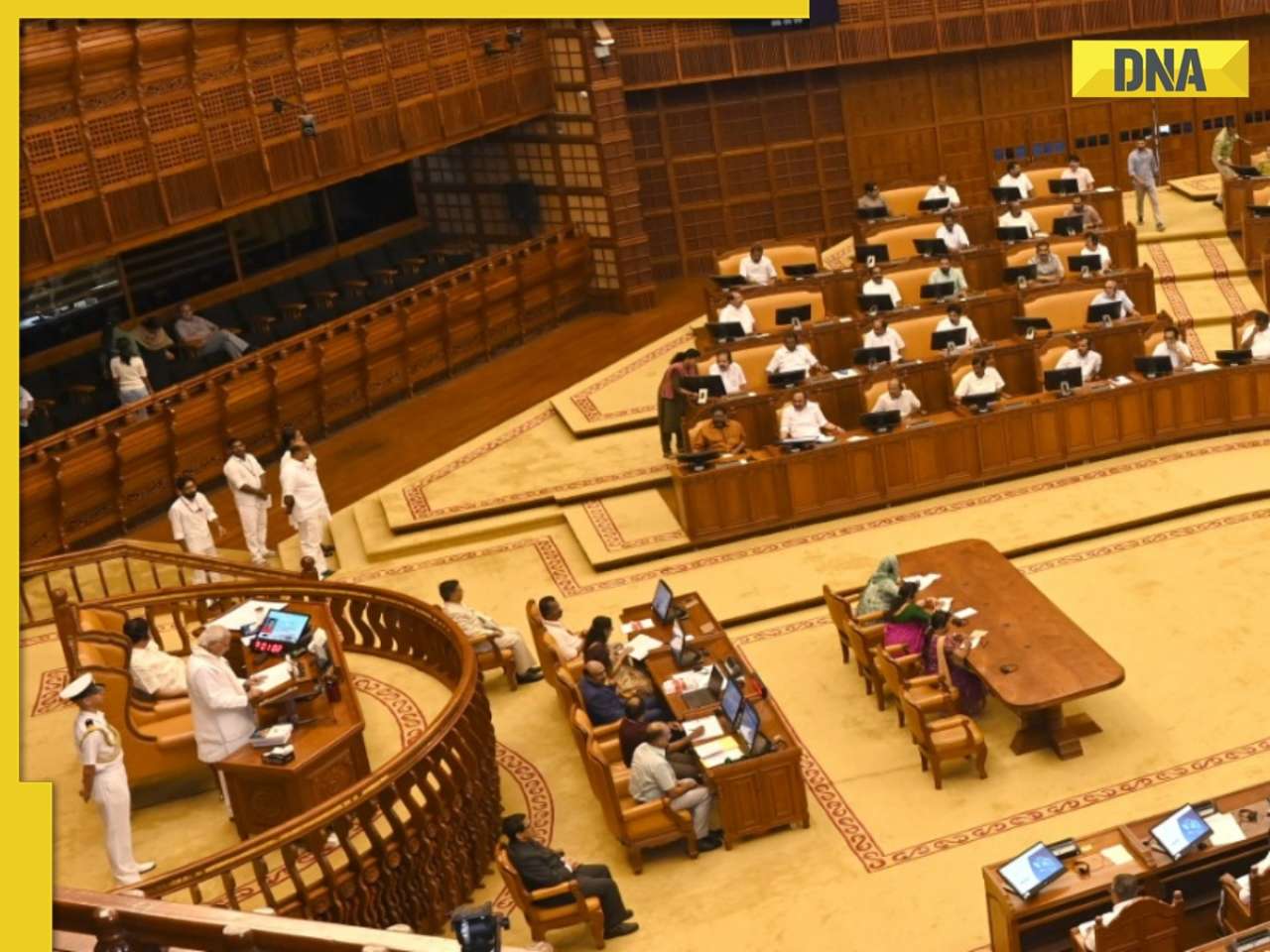



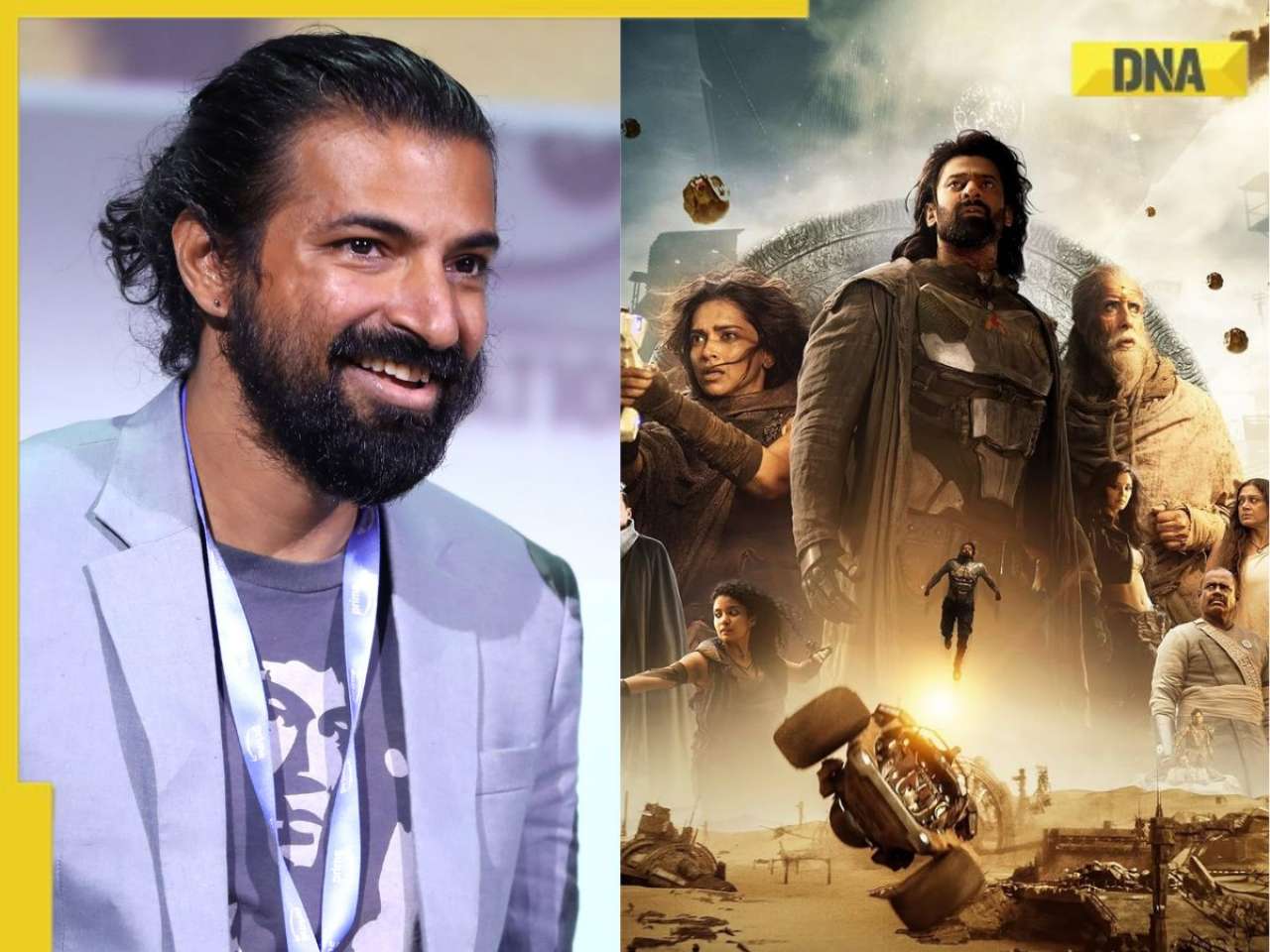
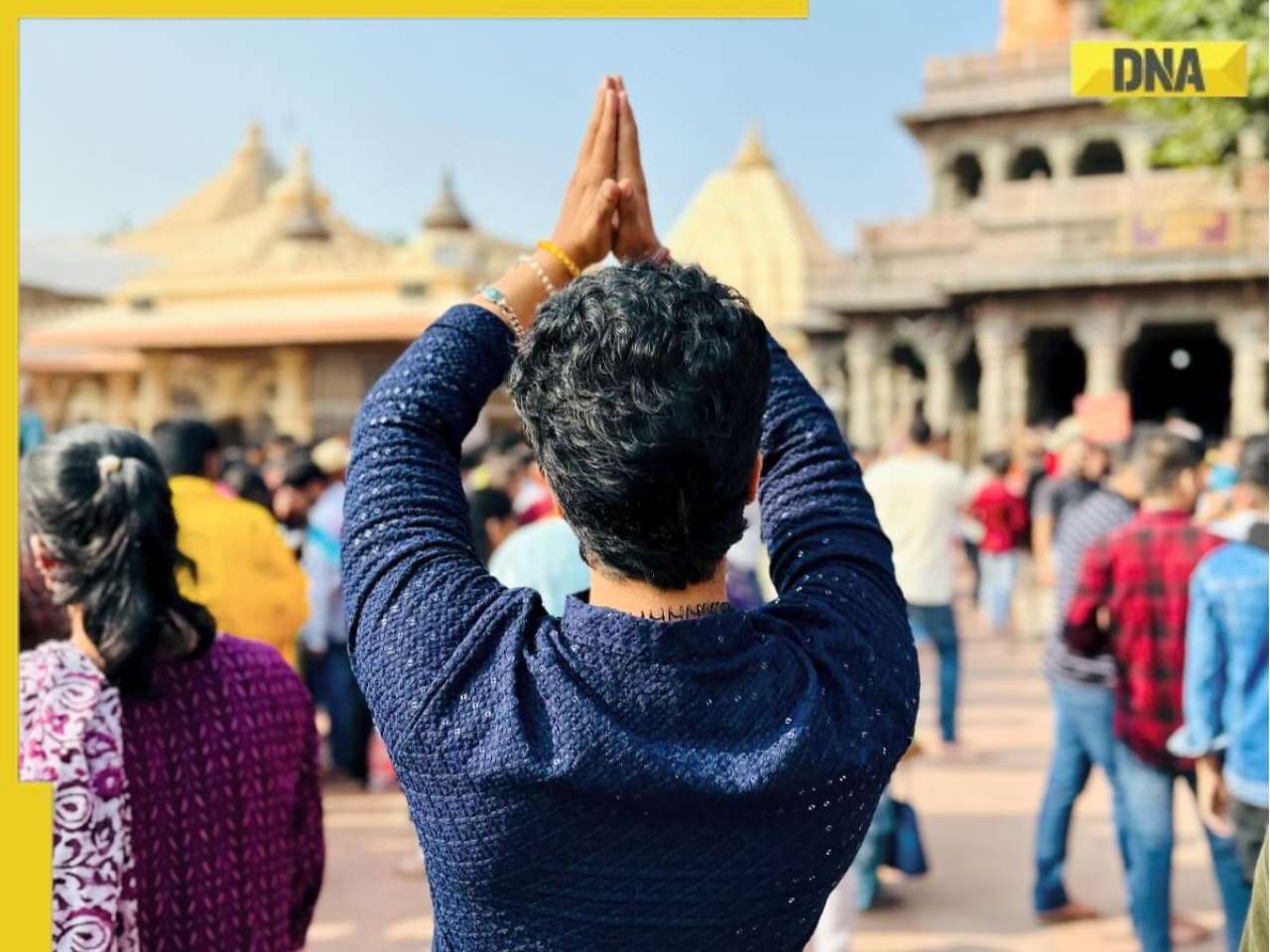
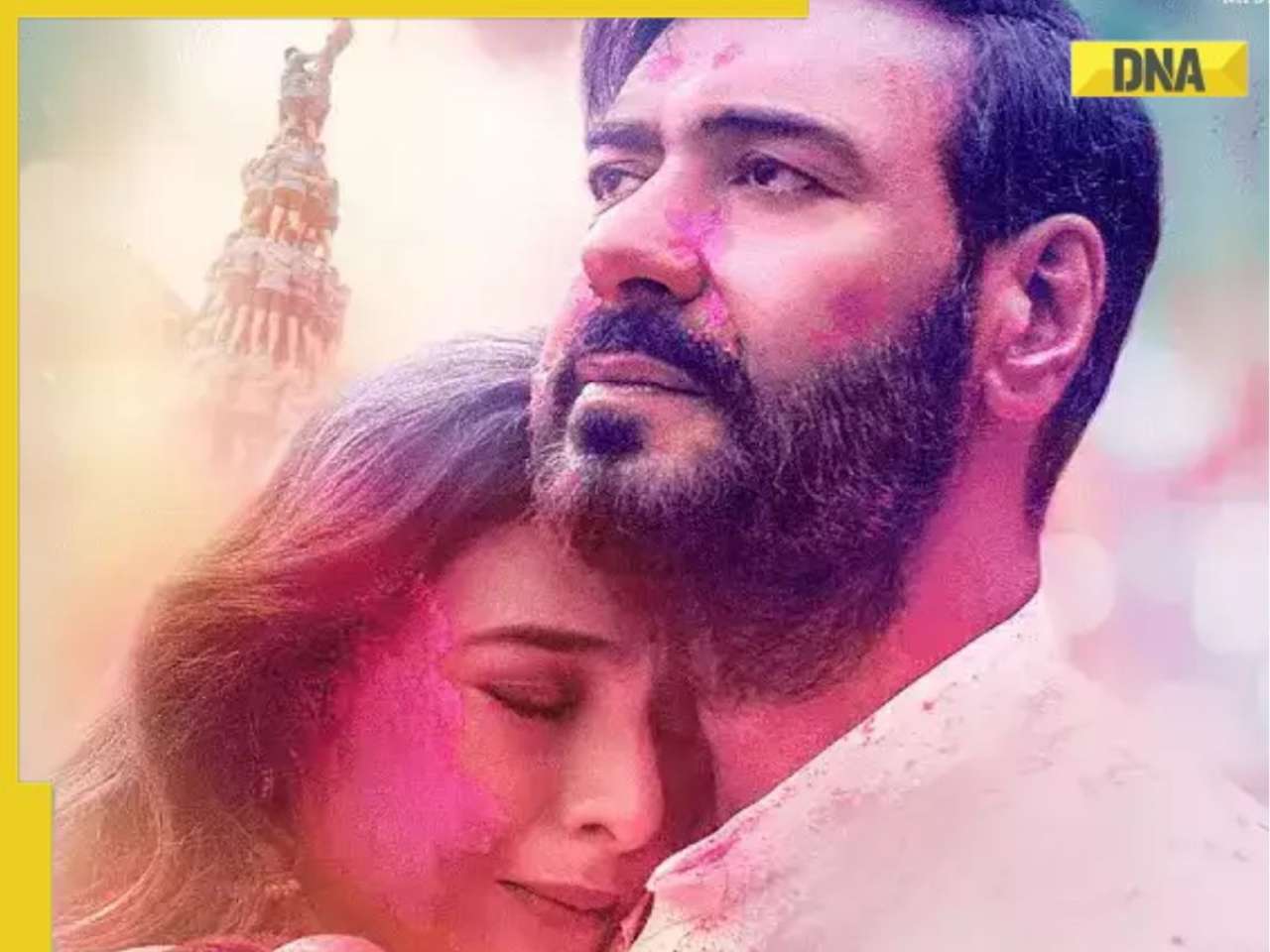
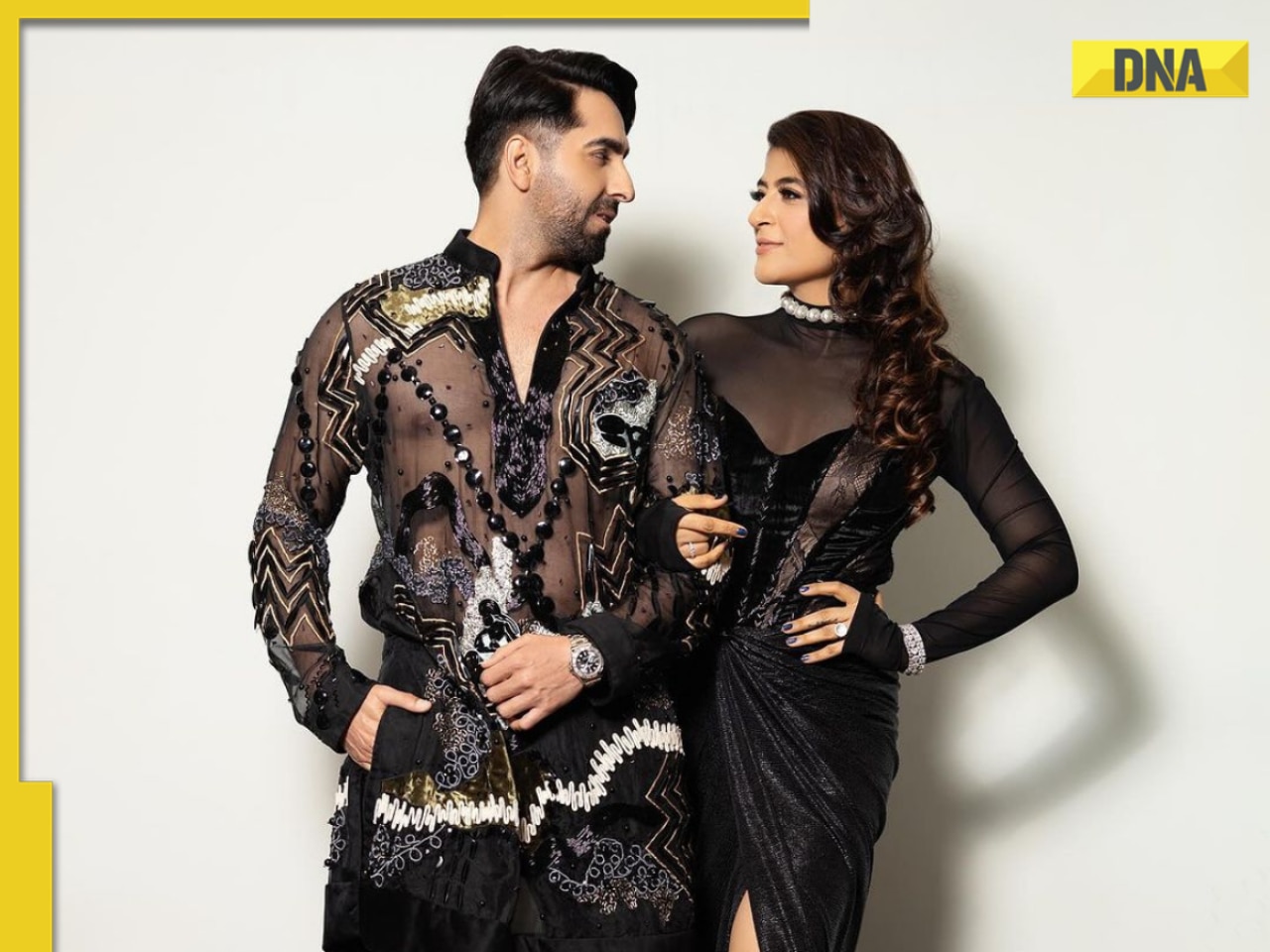

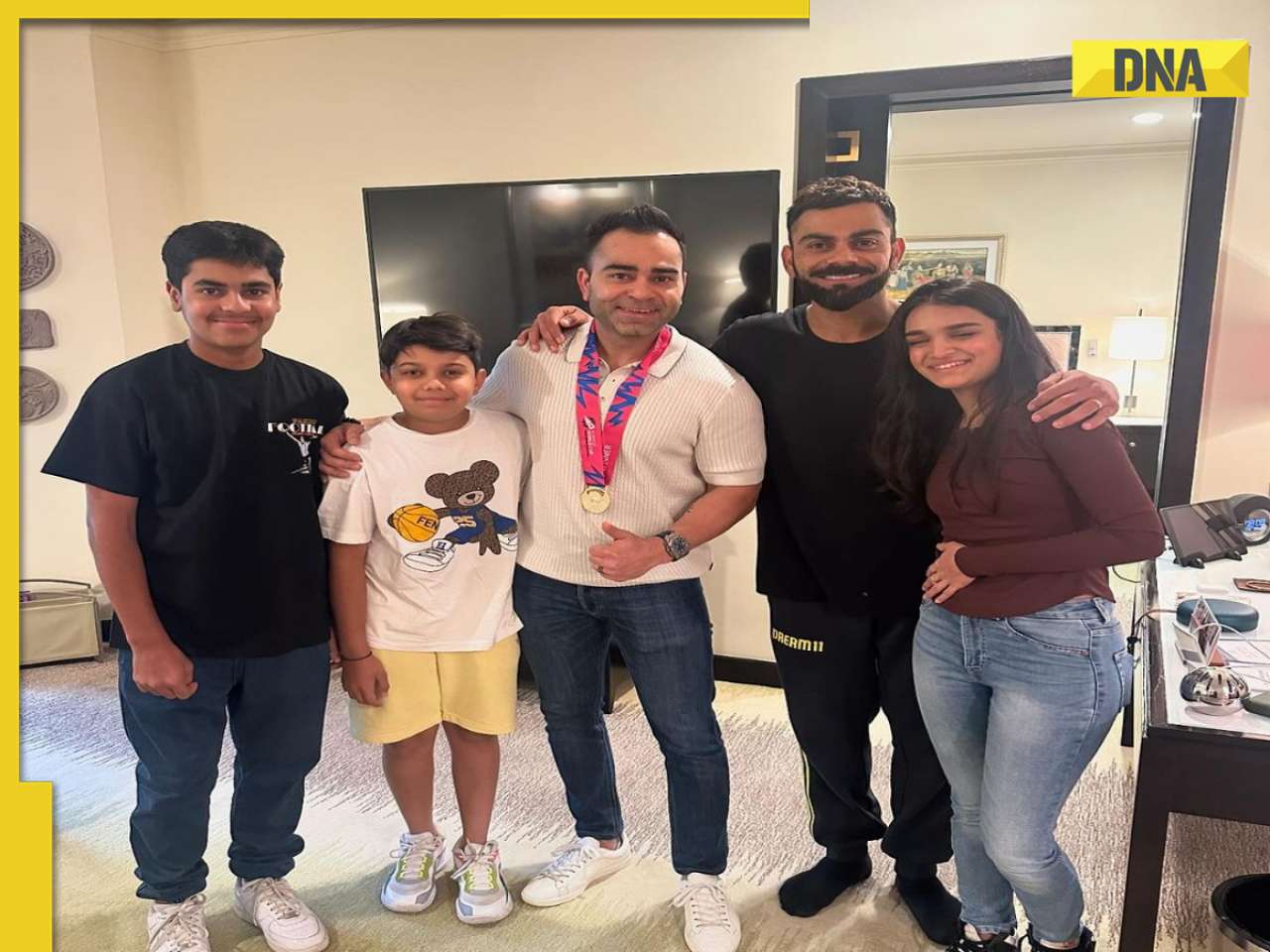
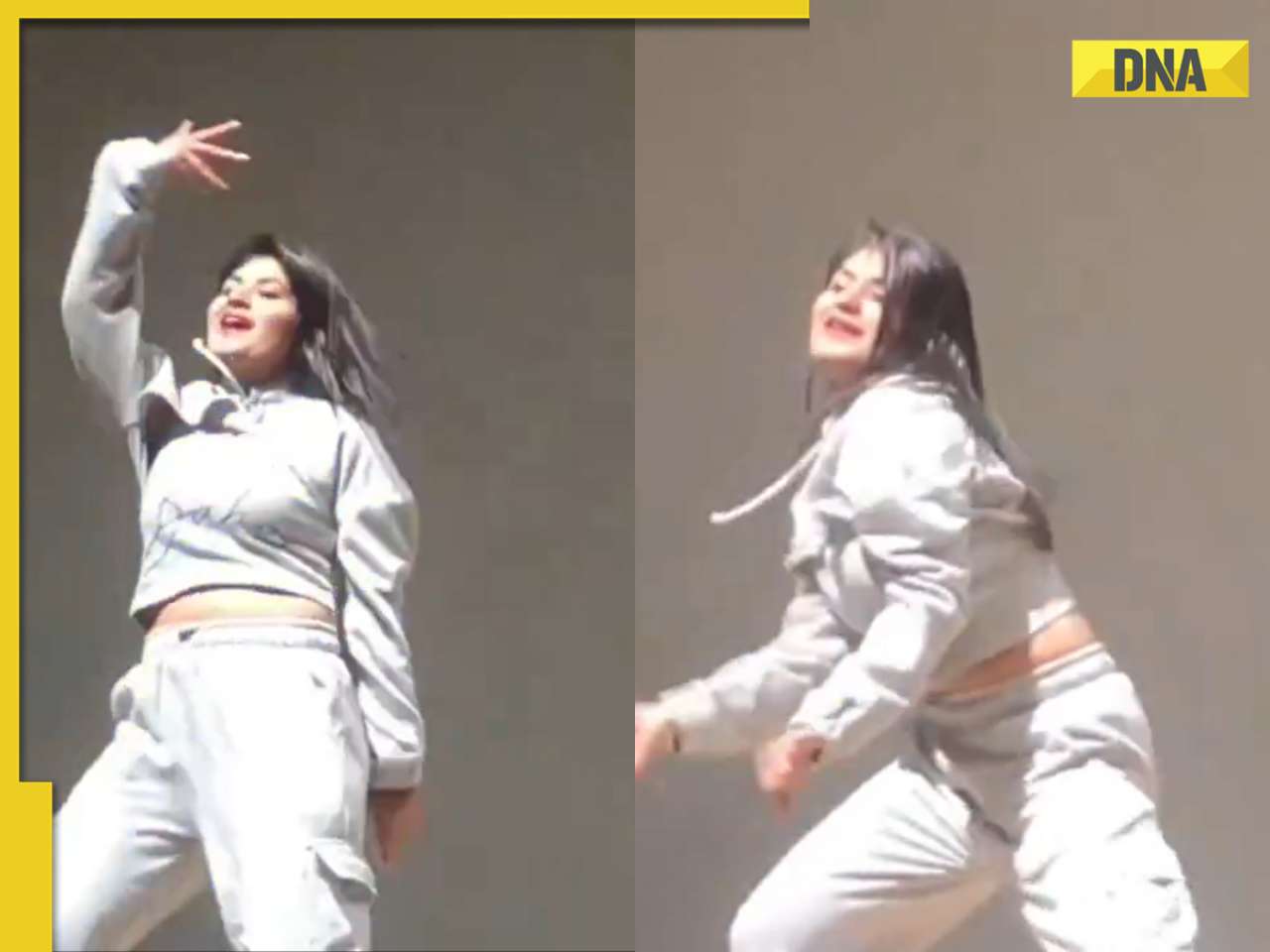
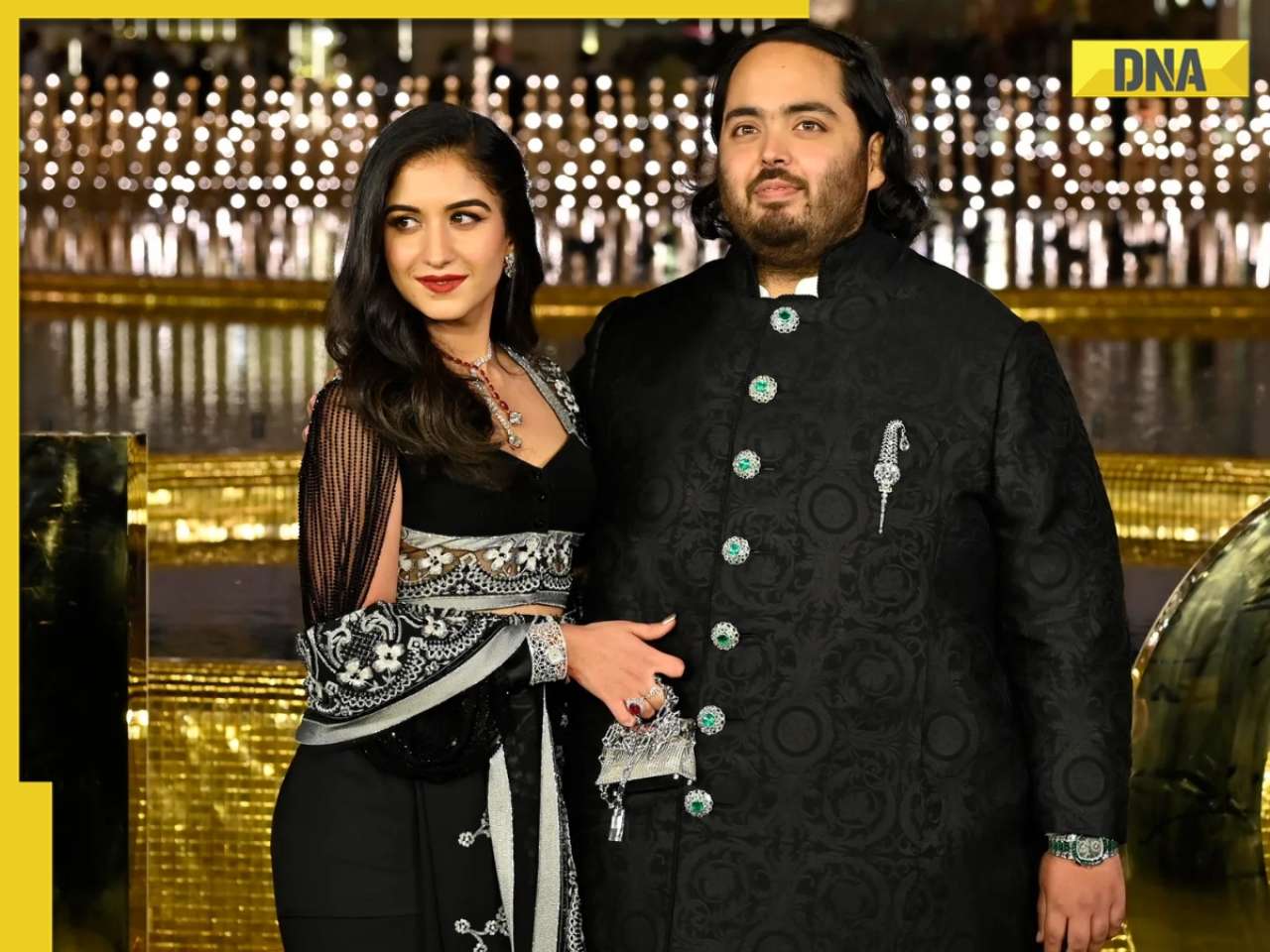
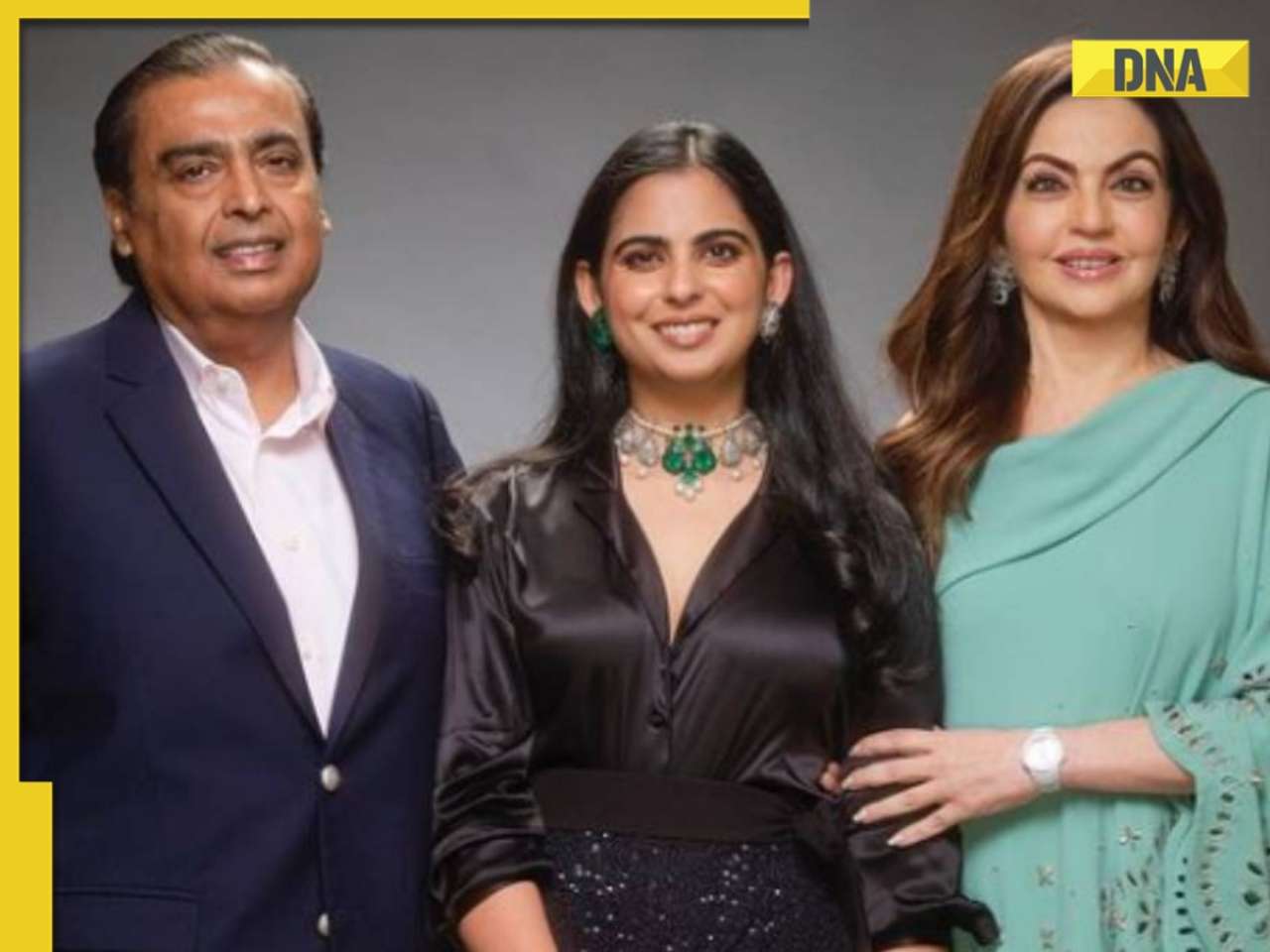
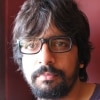

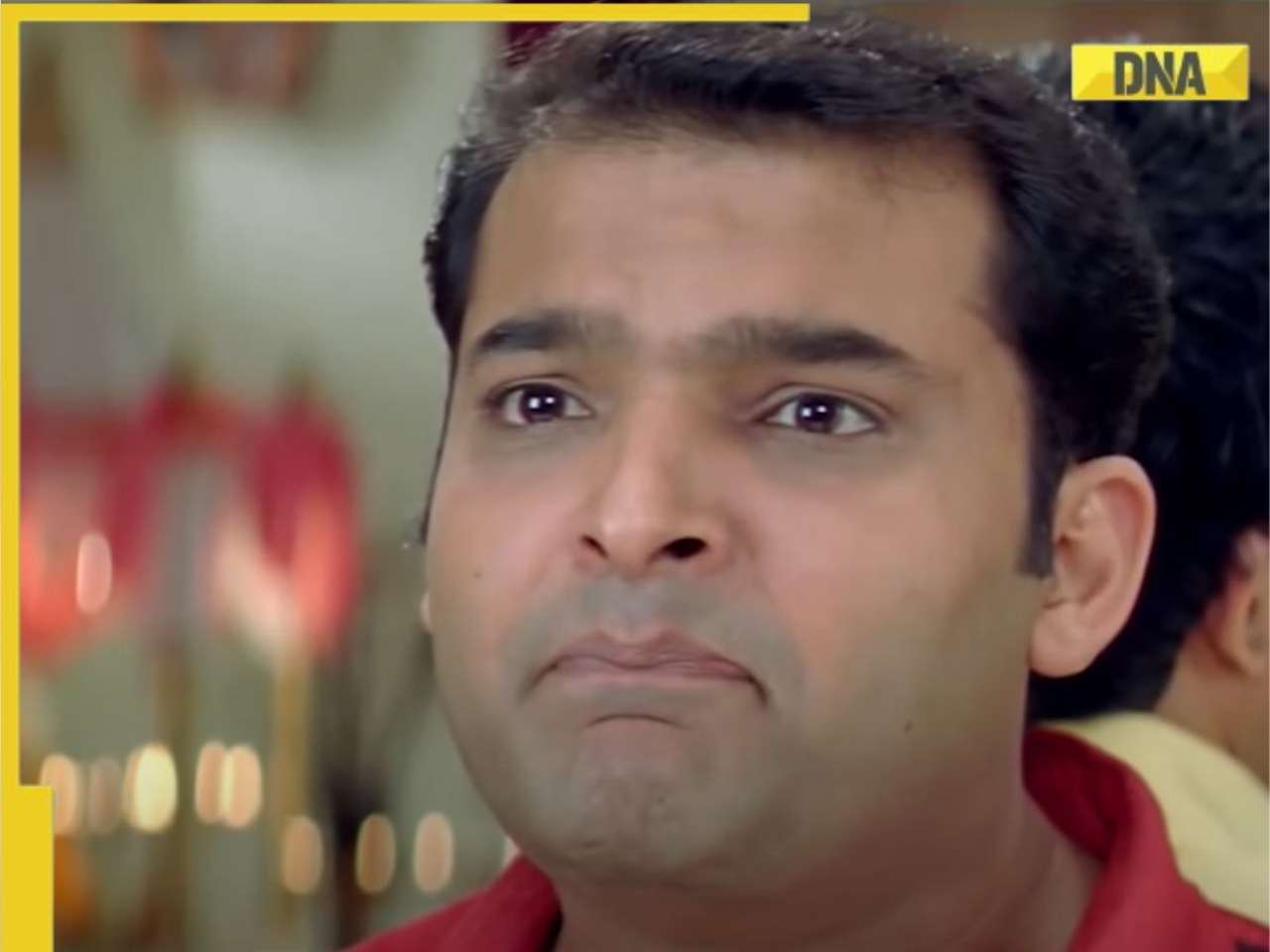
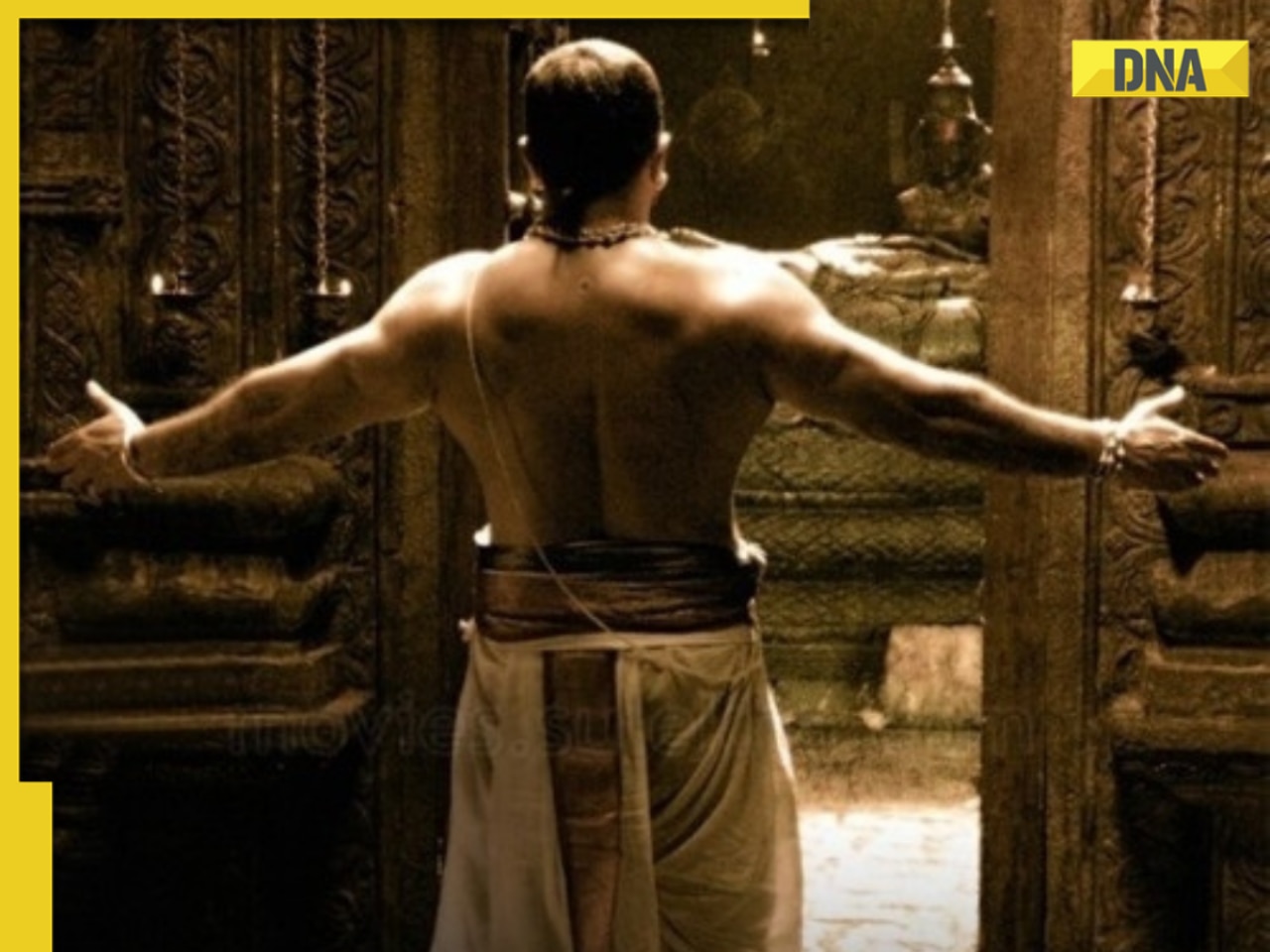
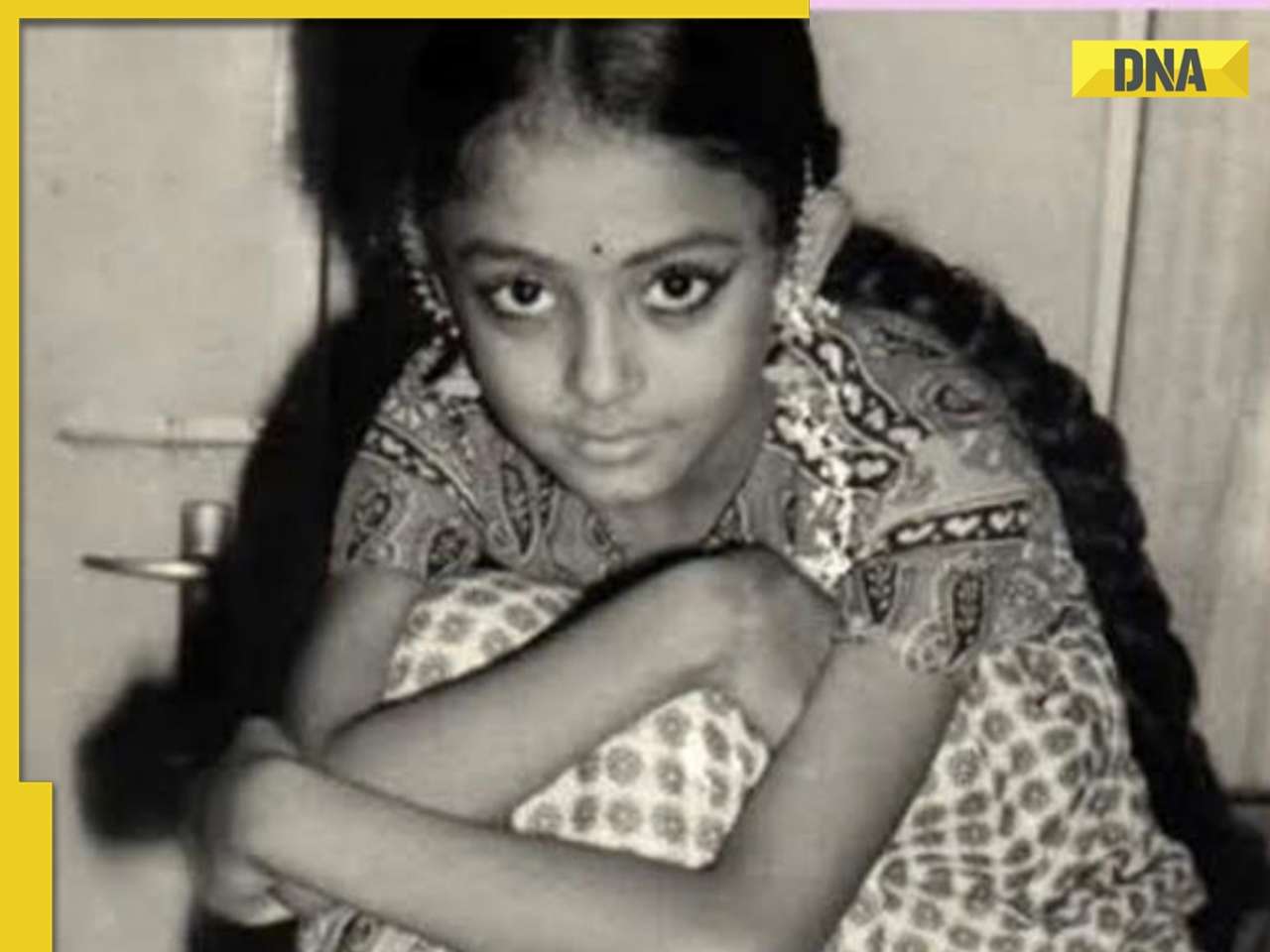
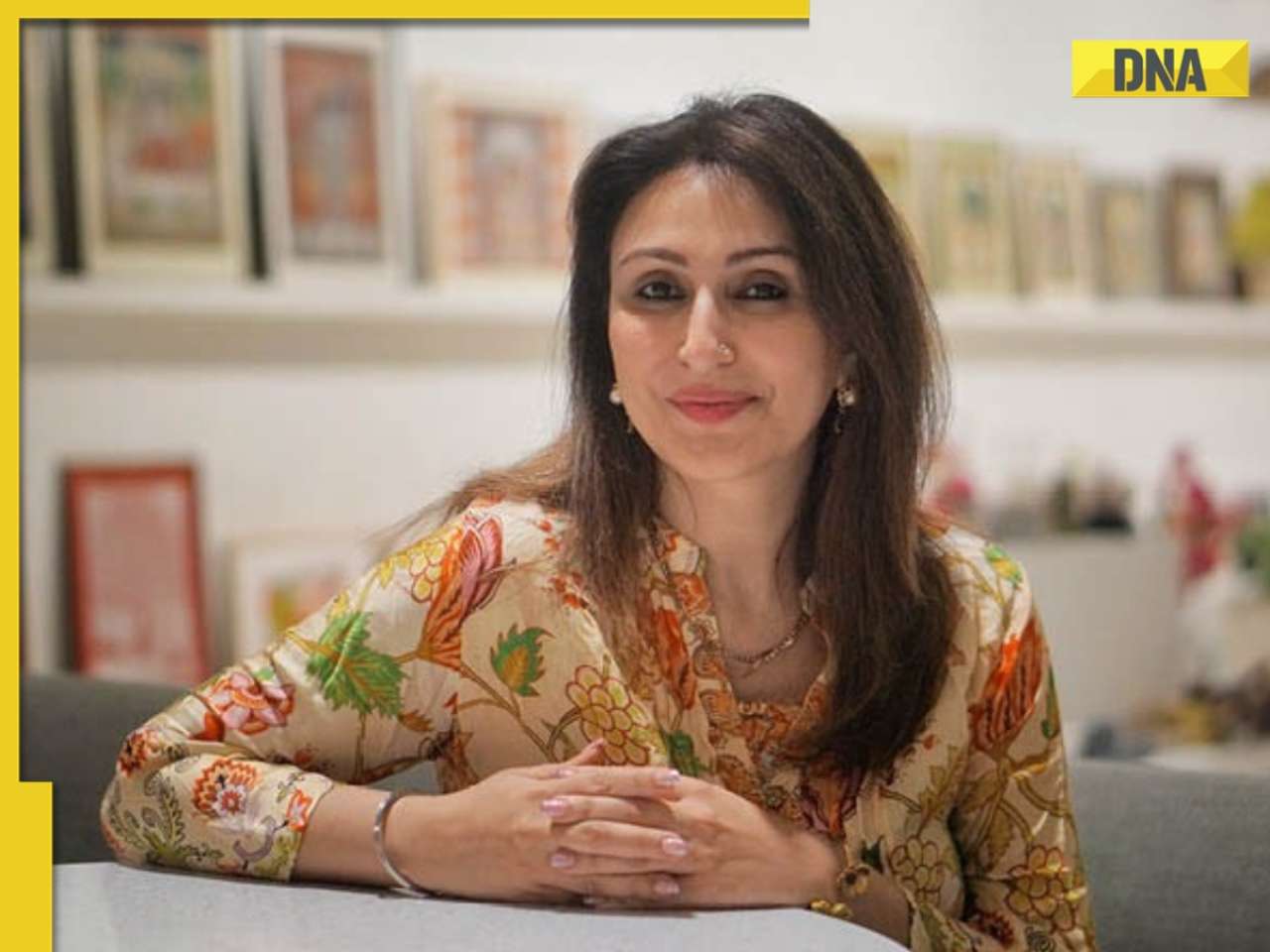
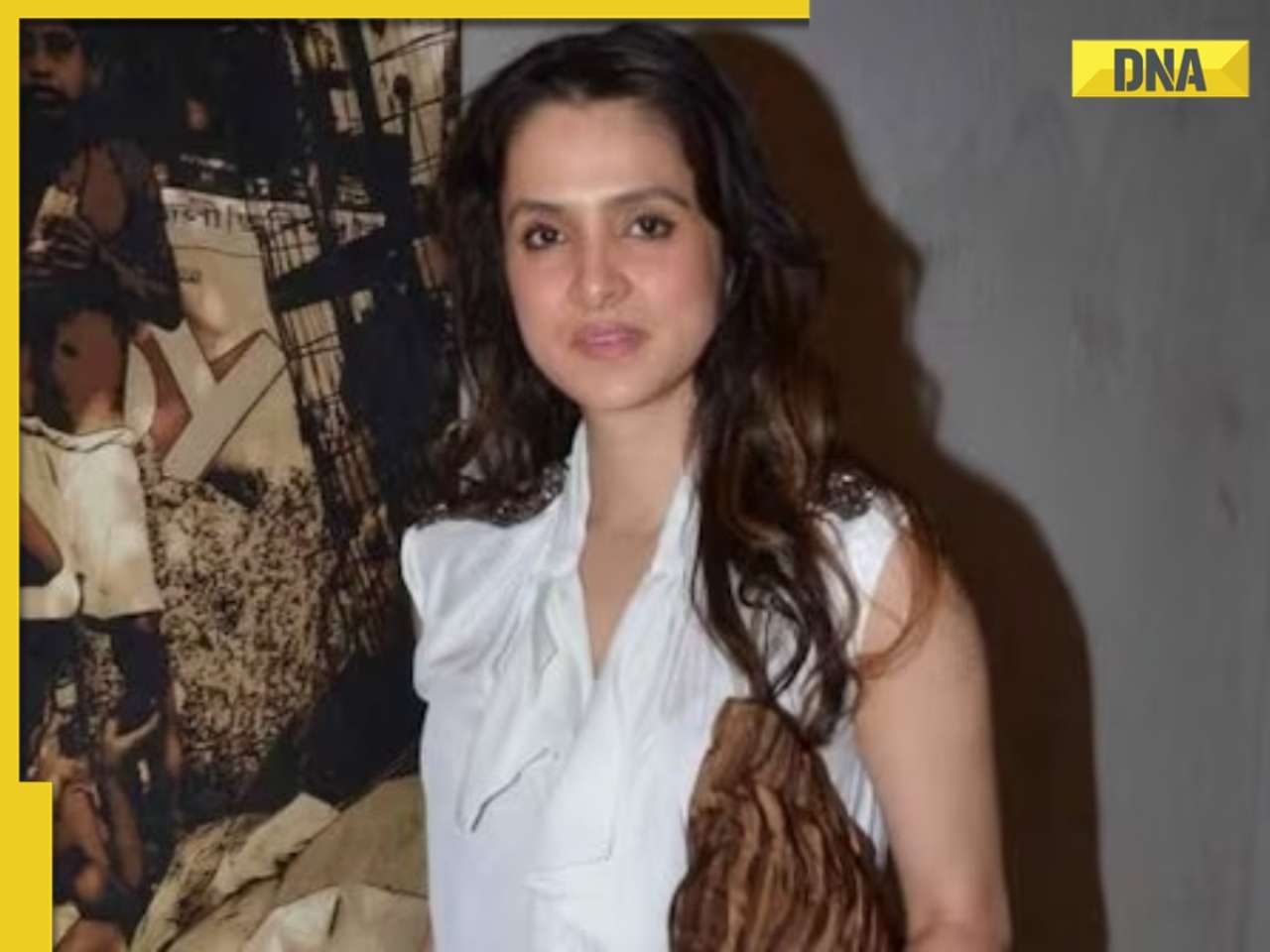
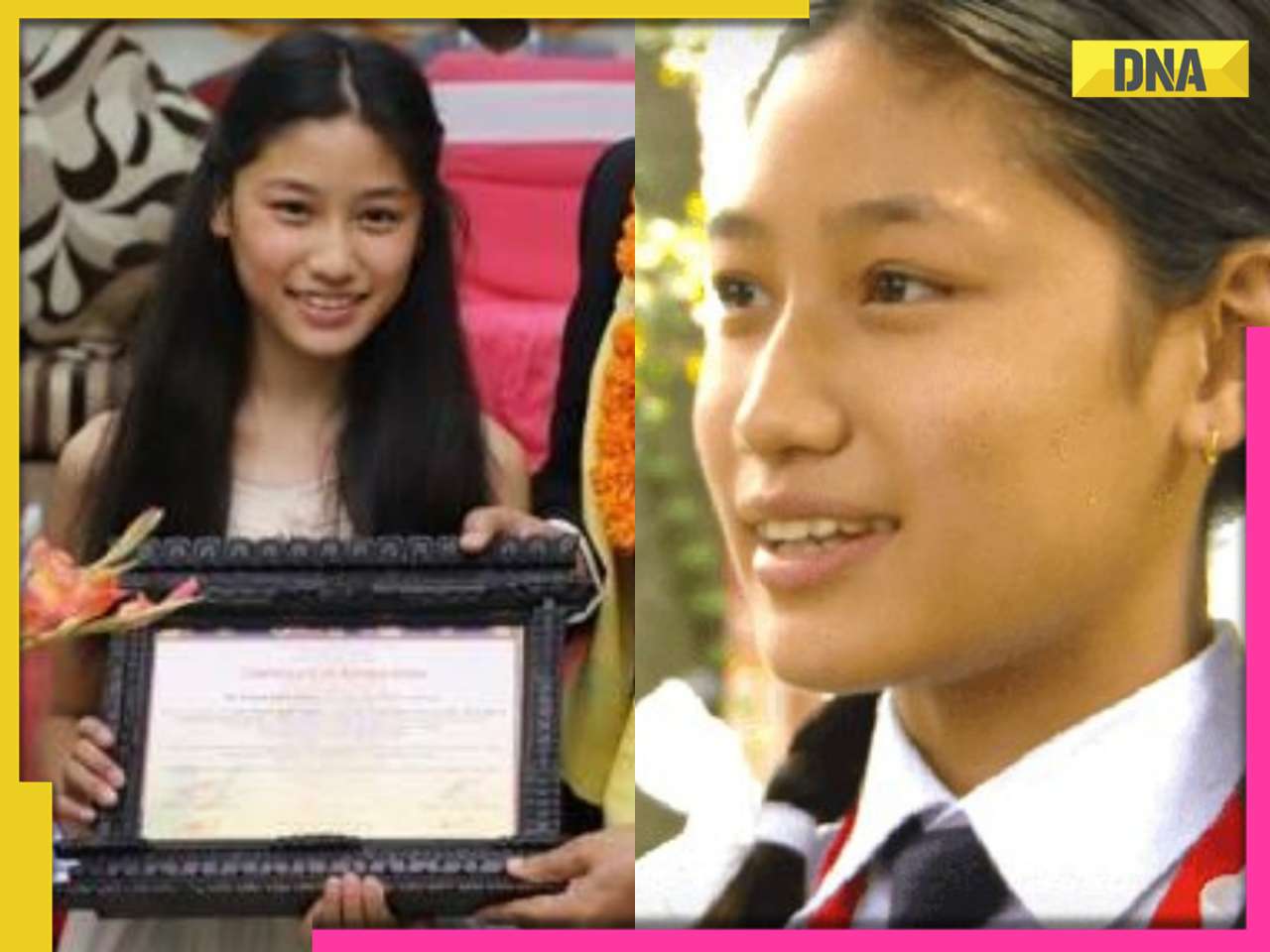
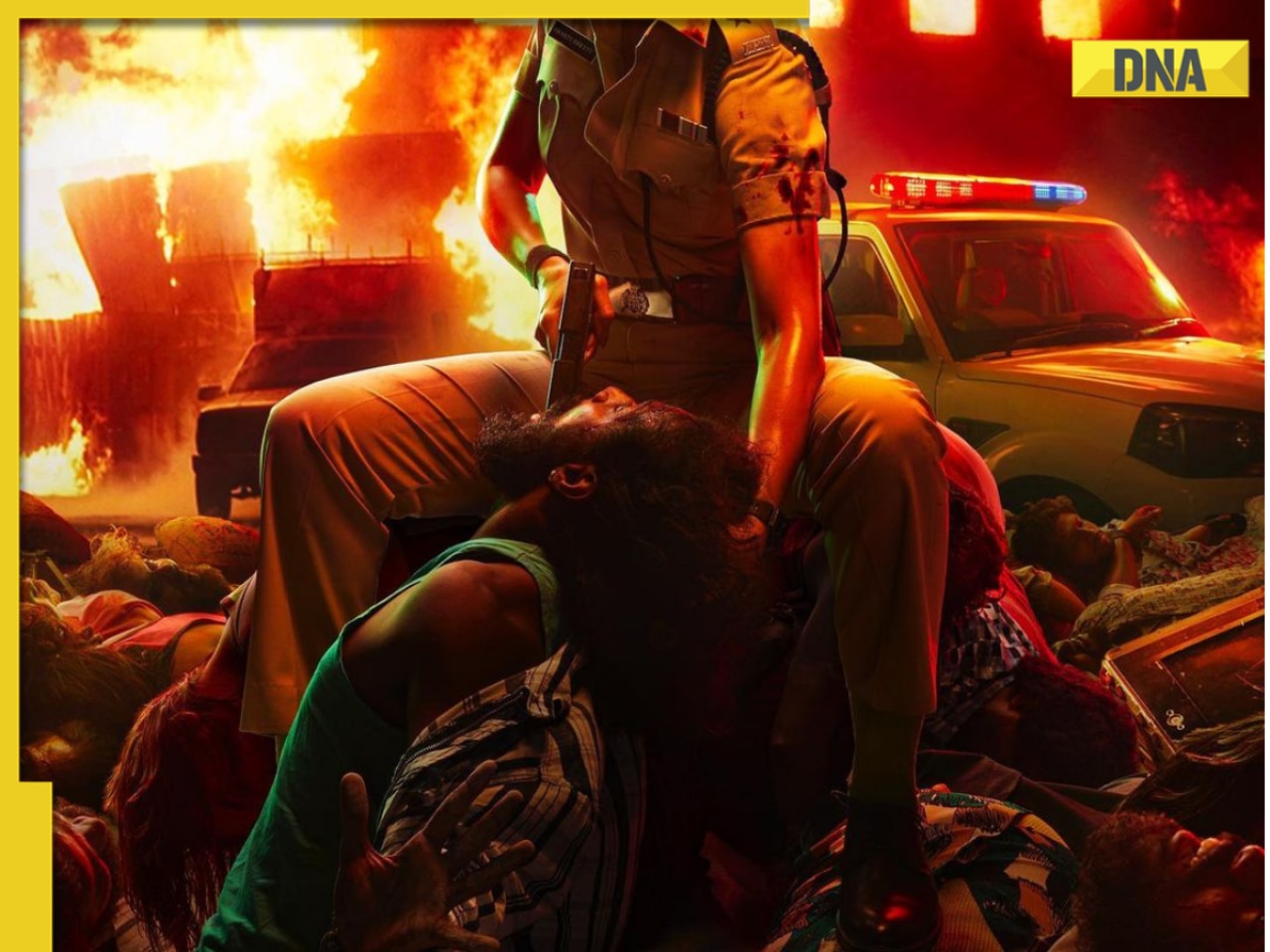
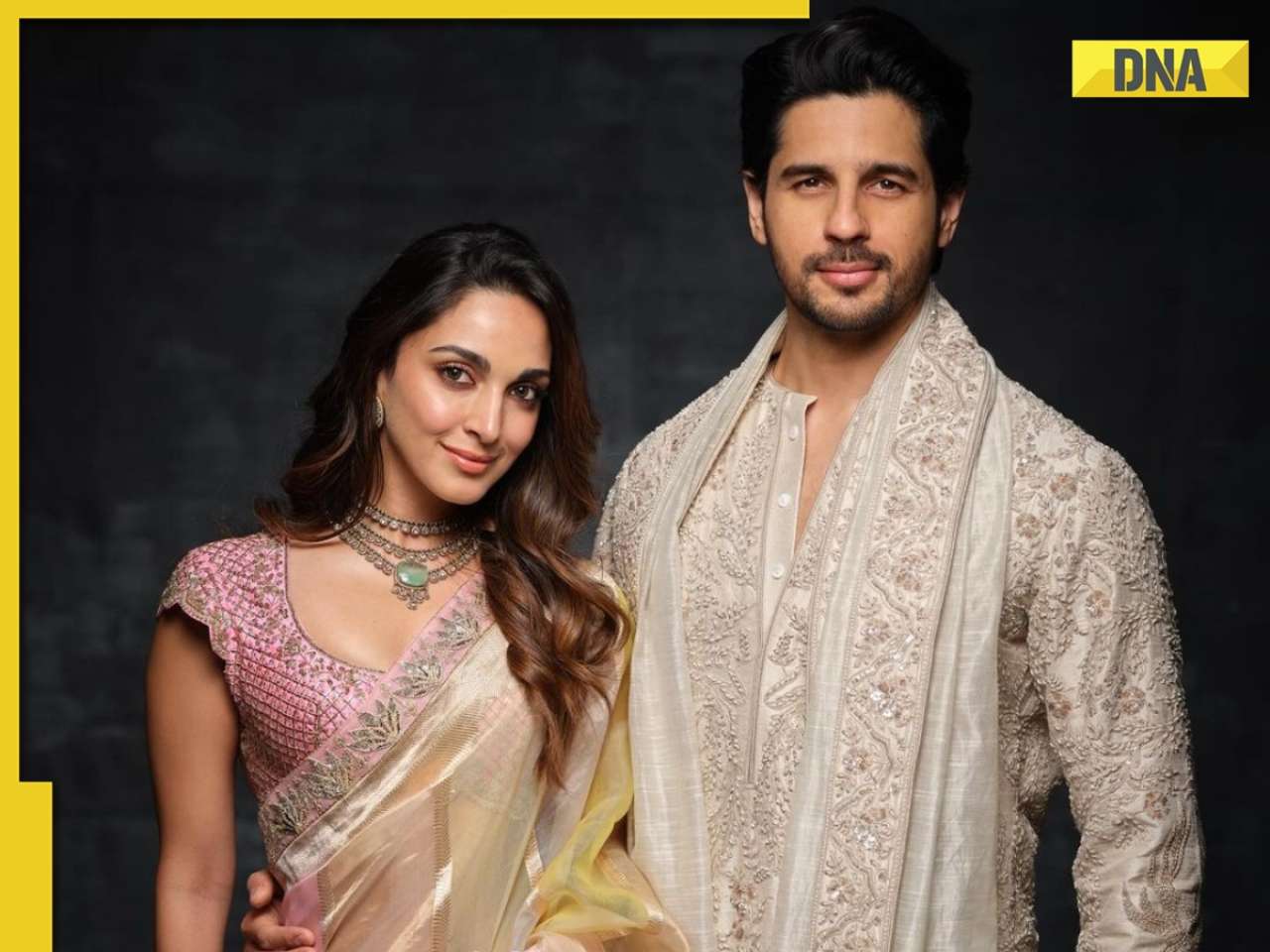
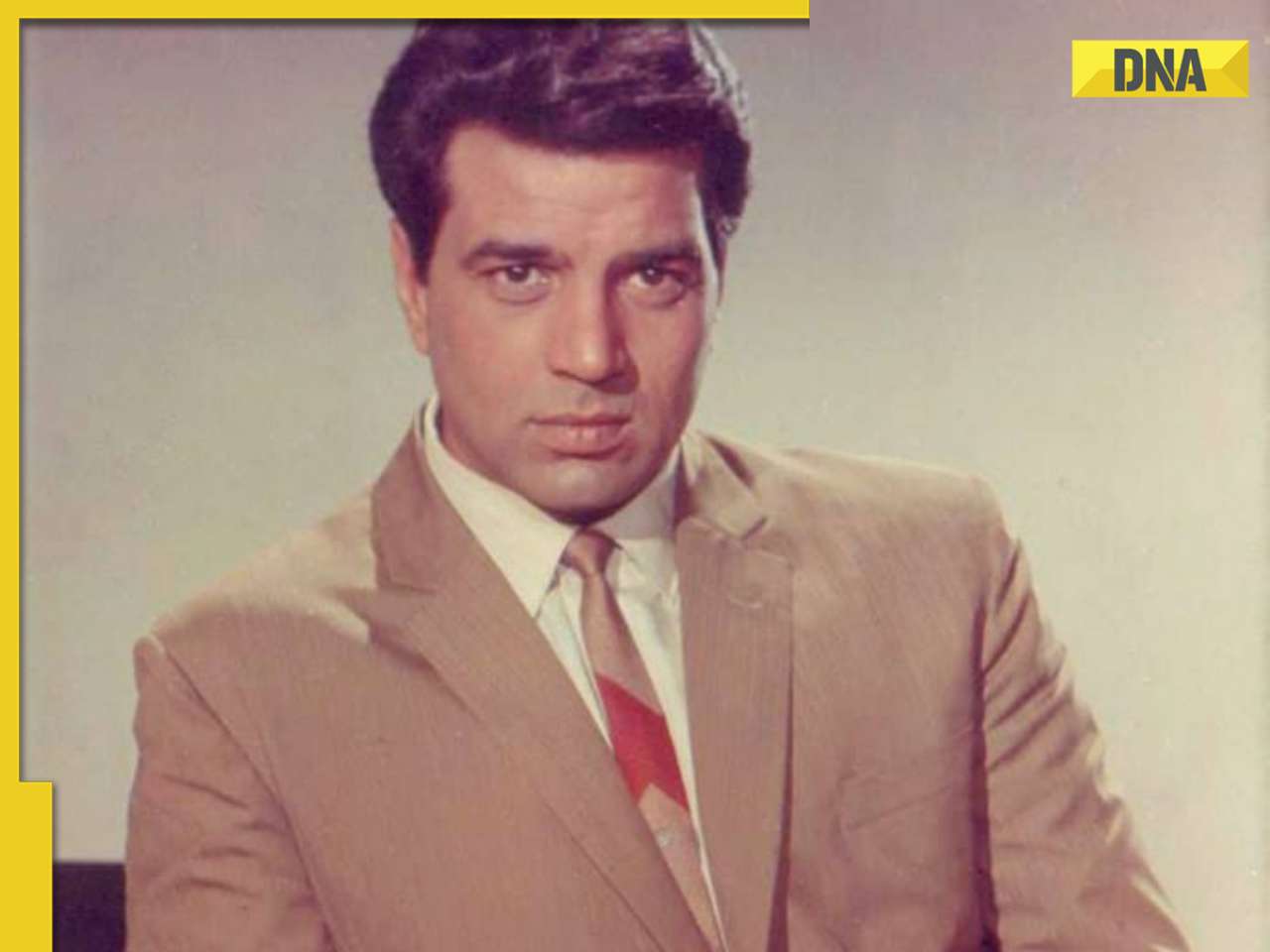
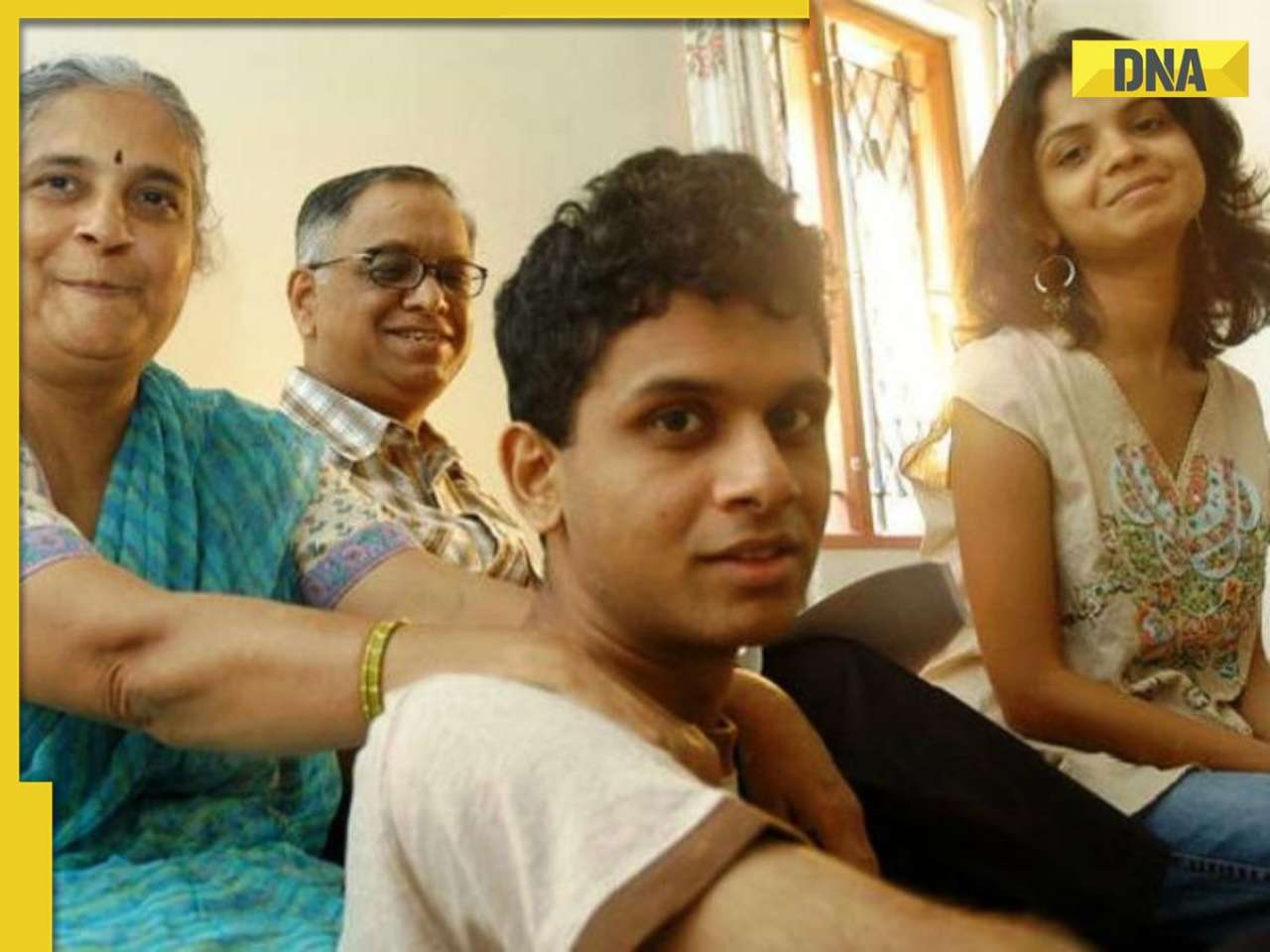
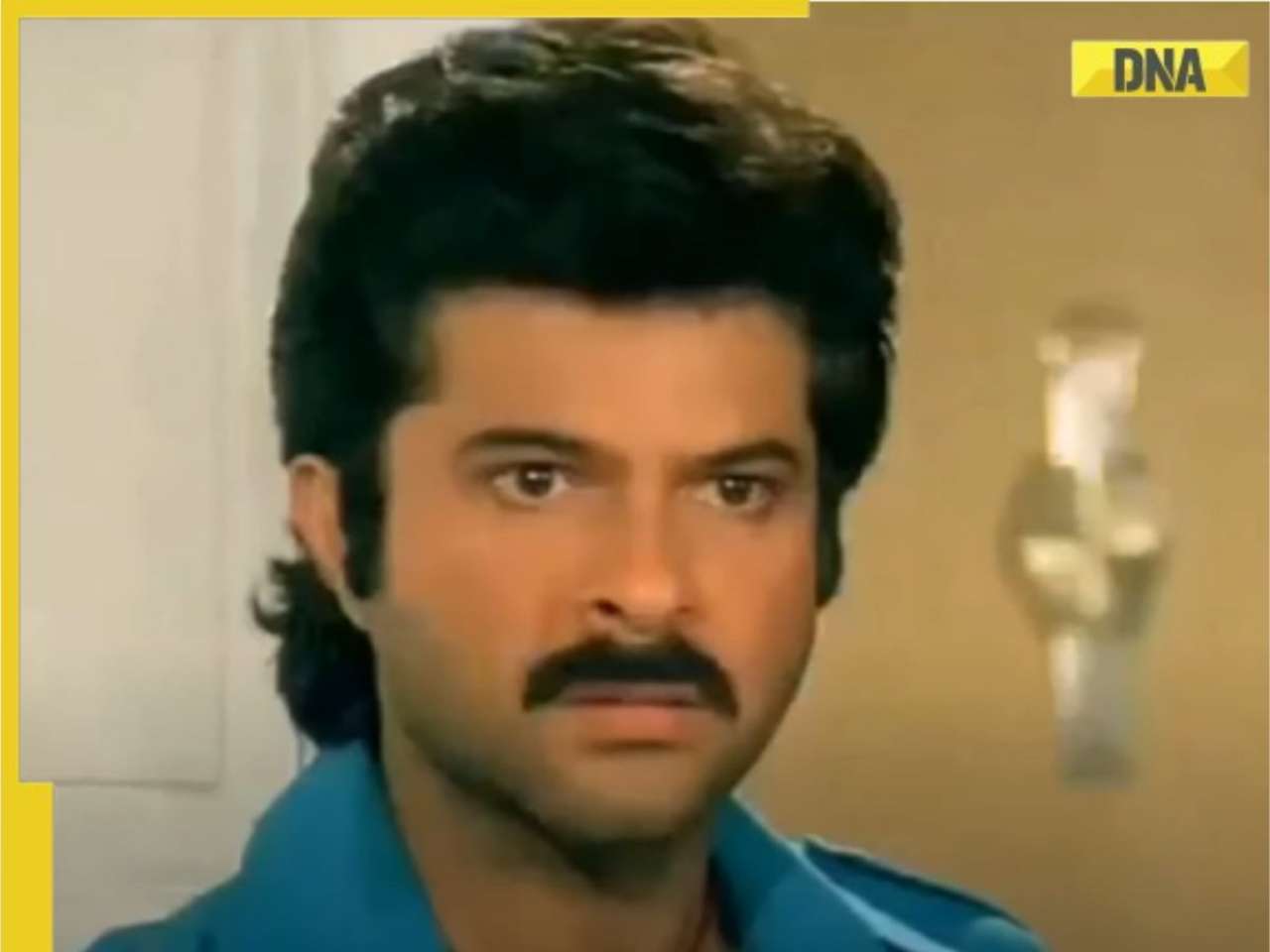
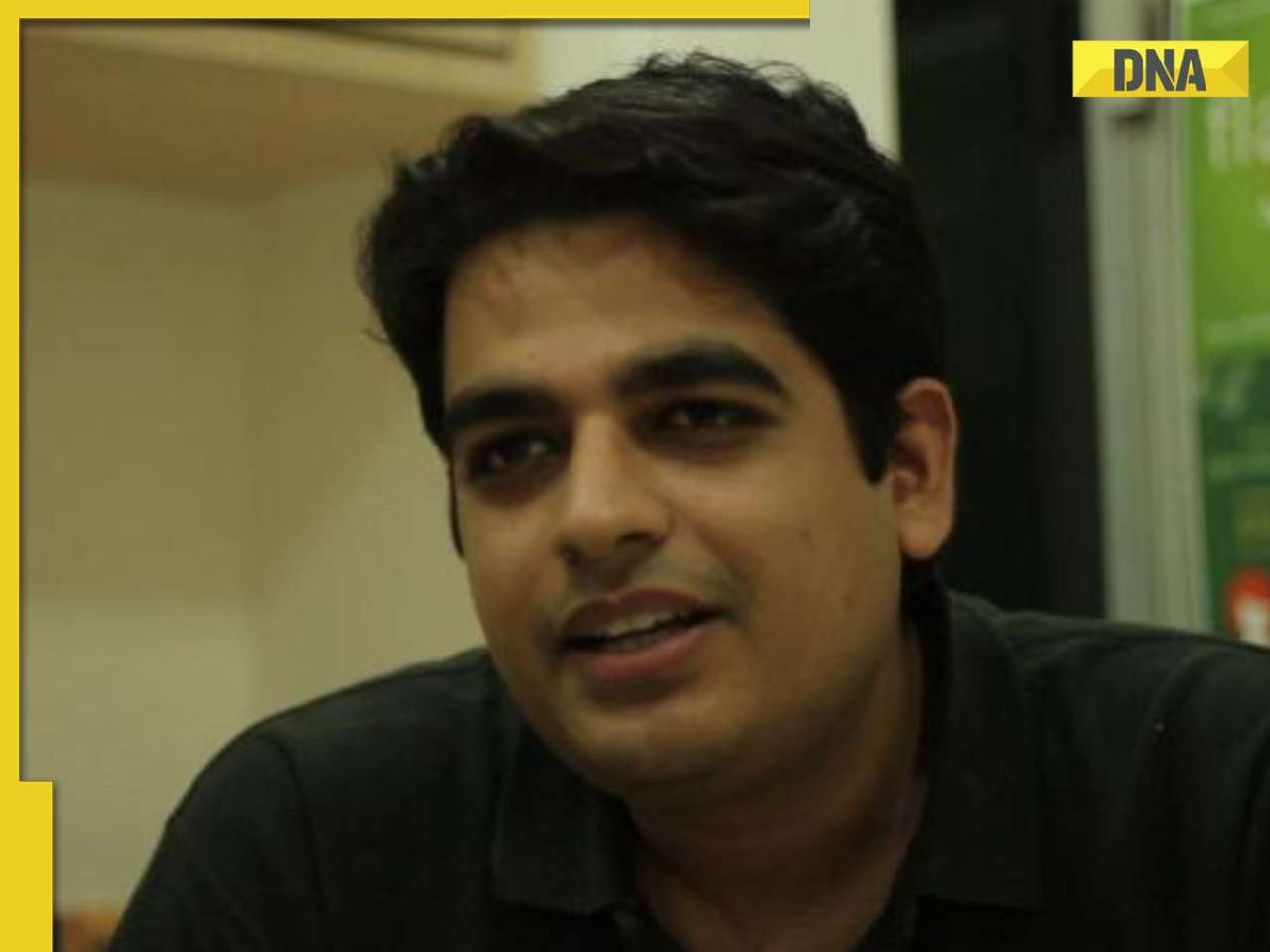
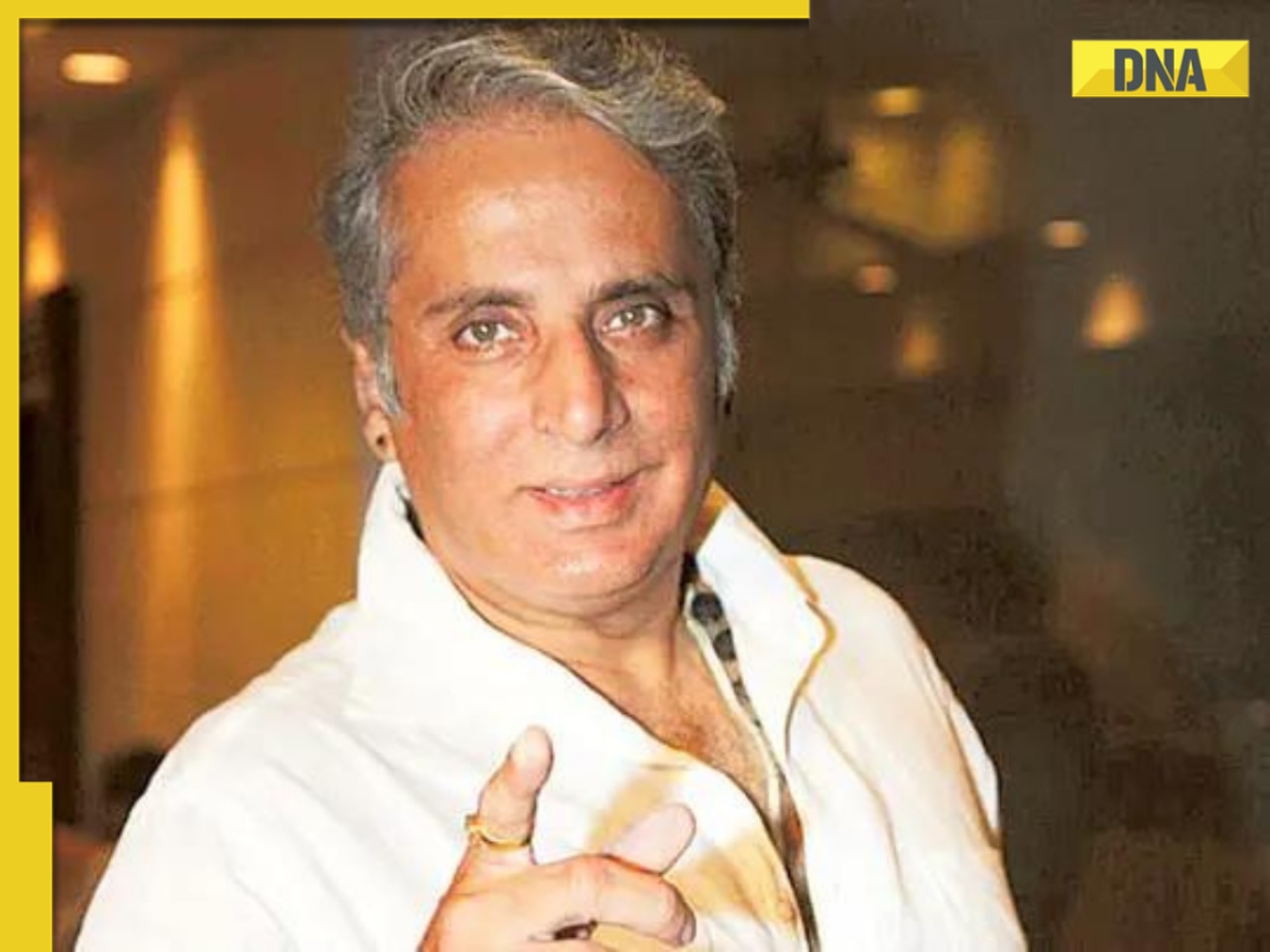




)
)
)
)
)
)